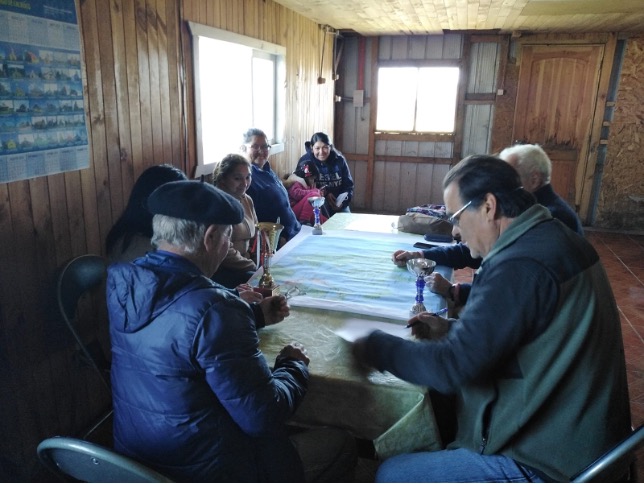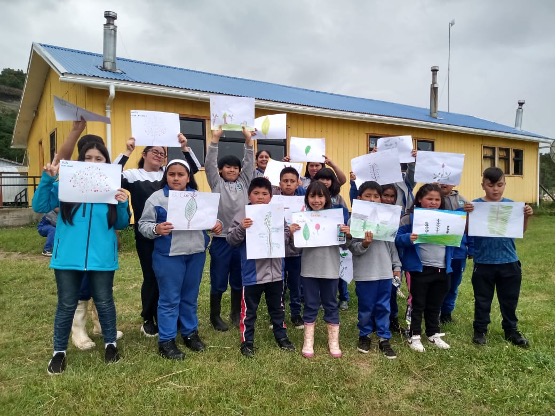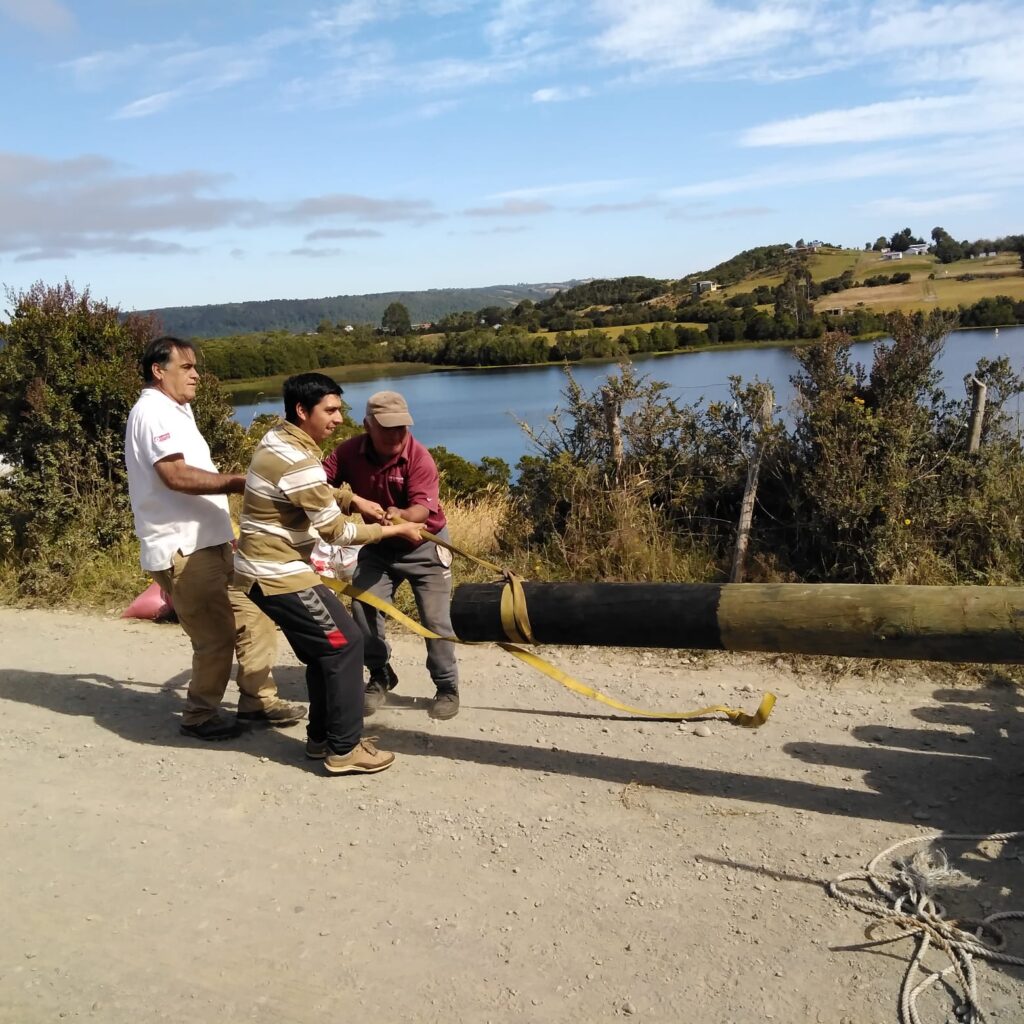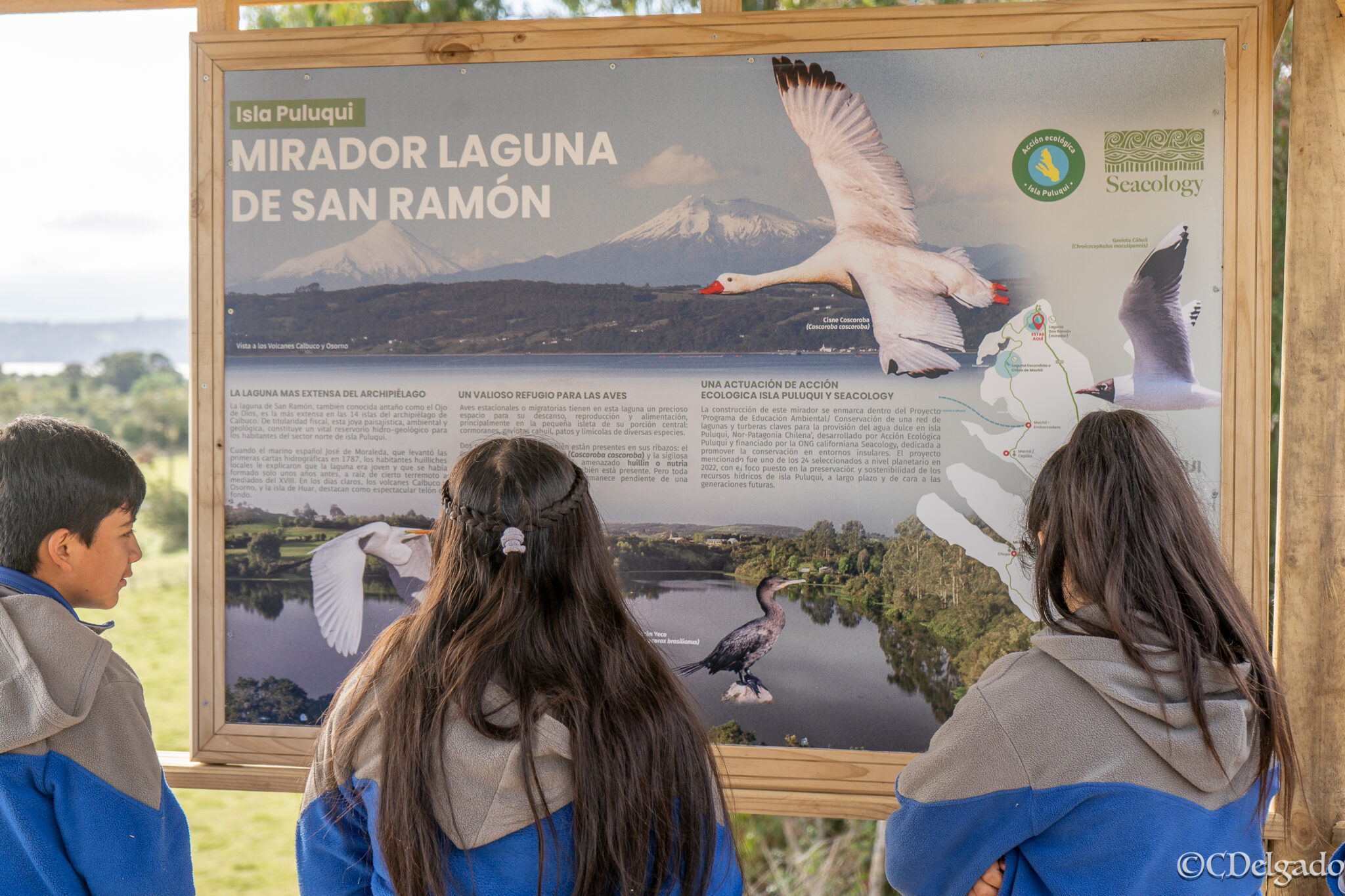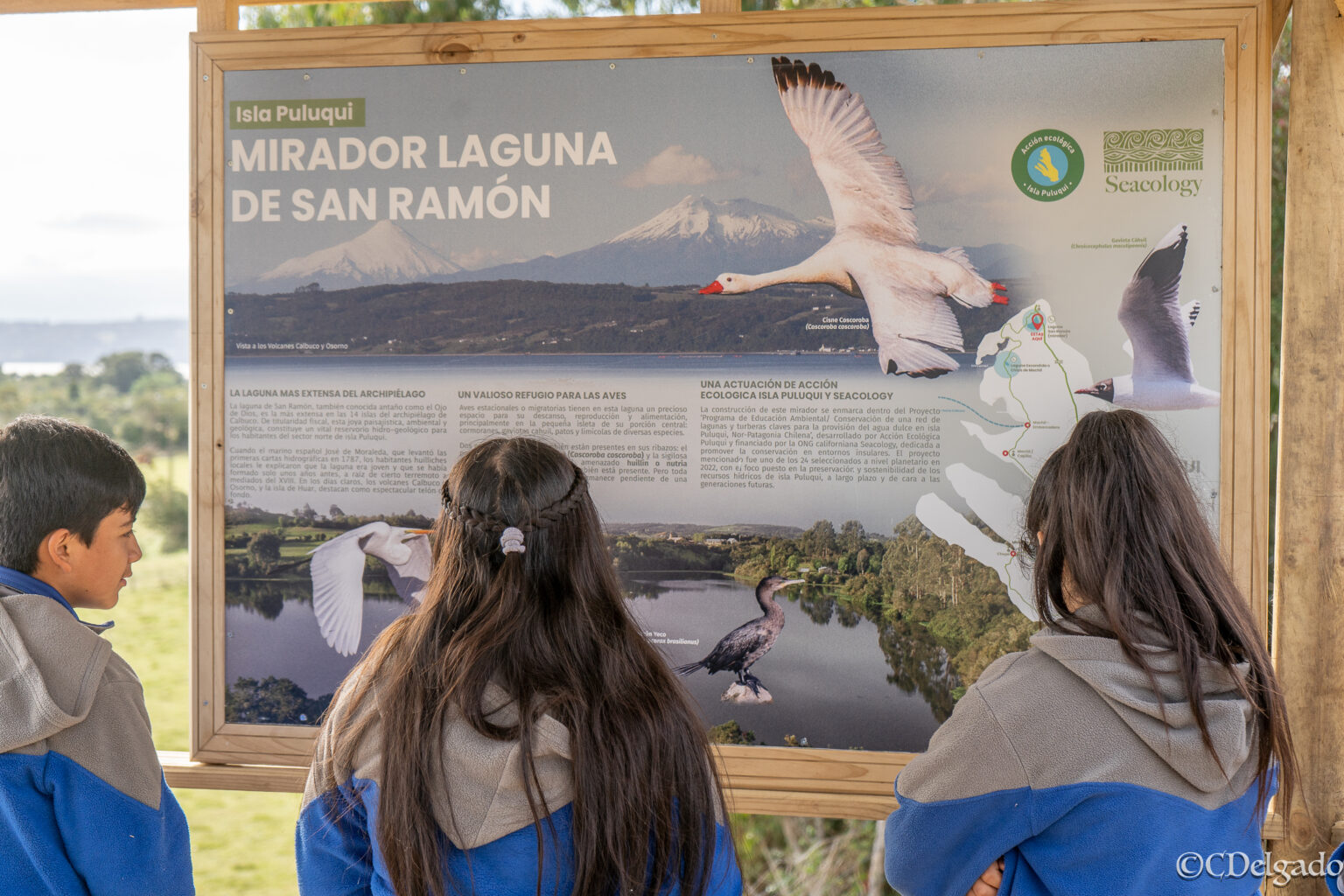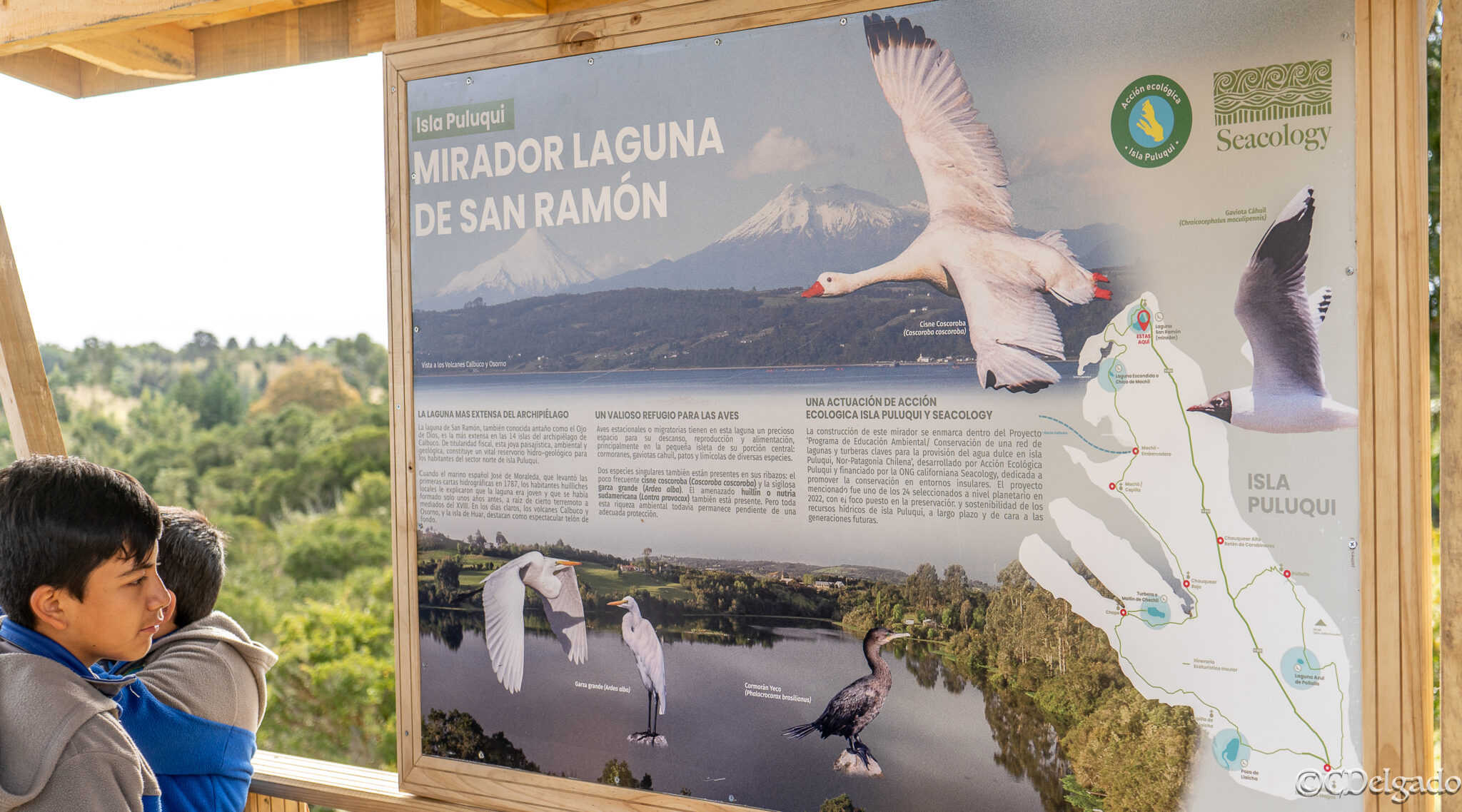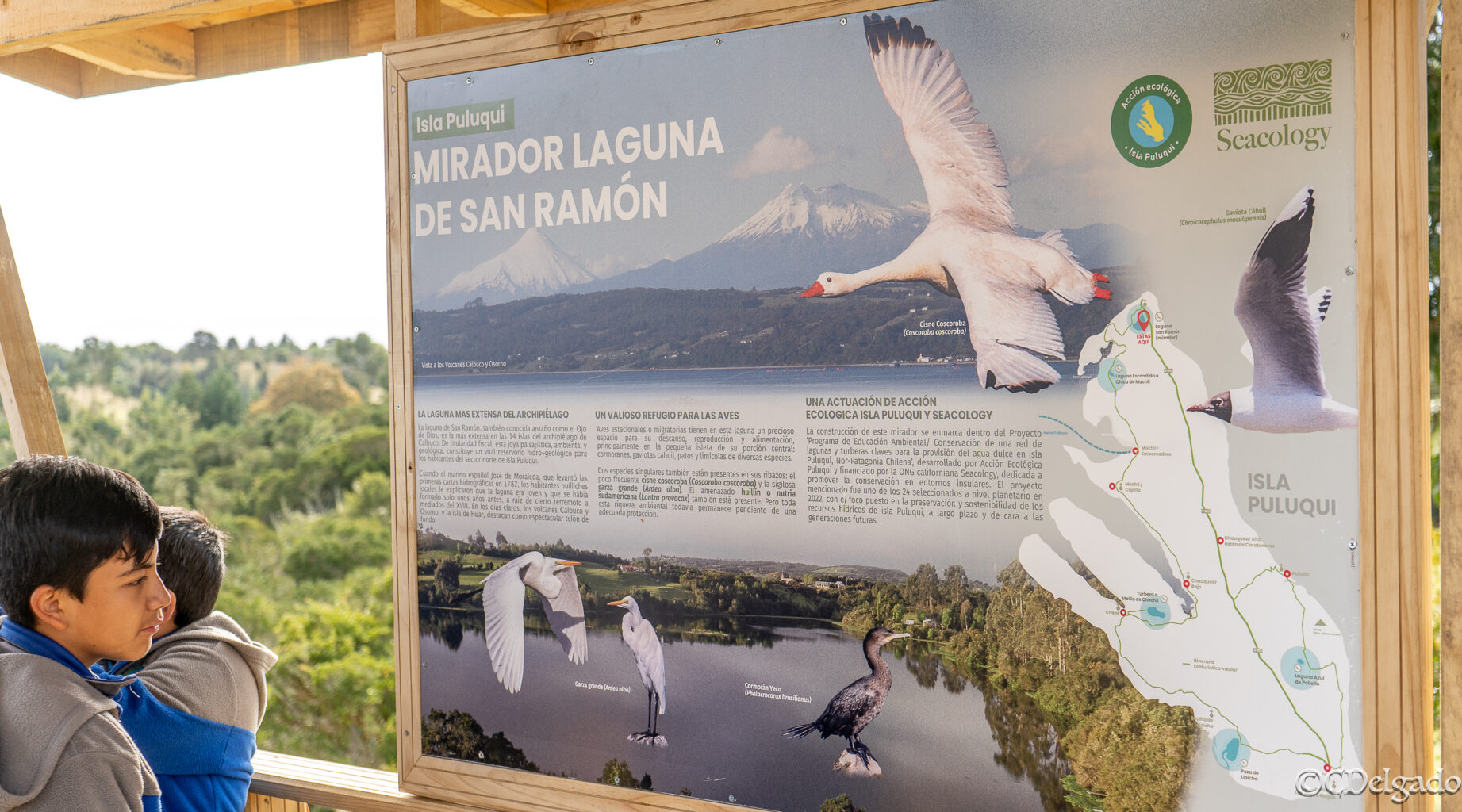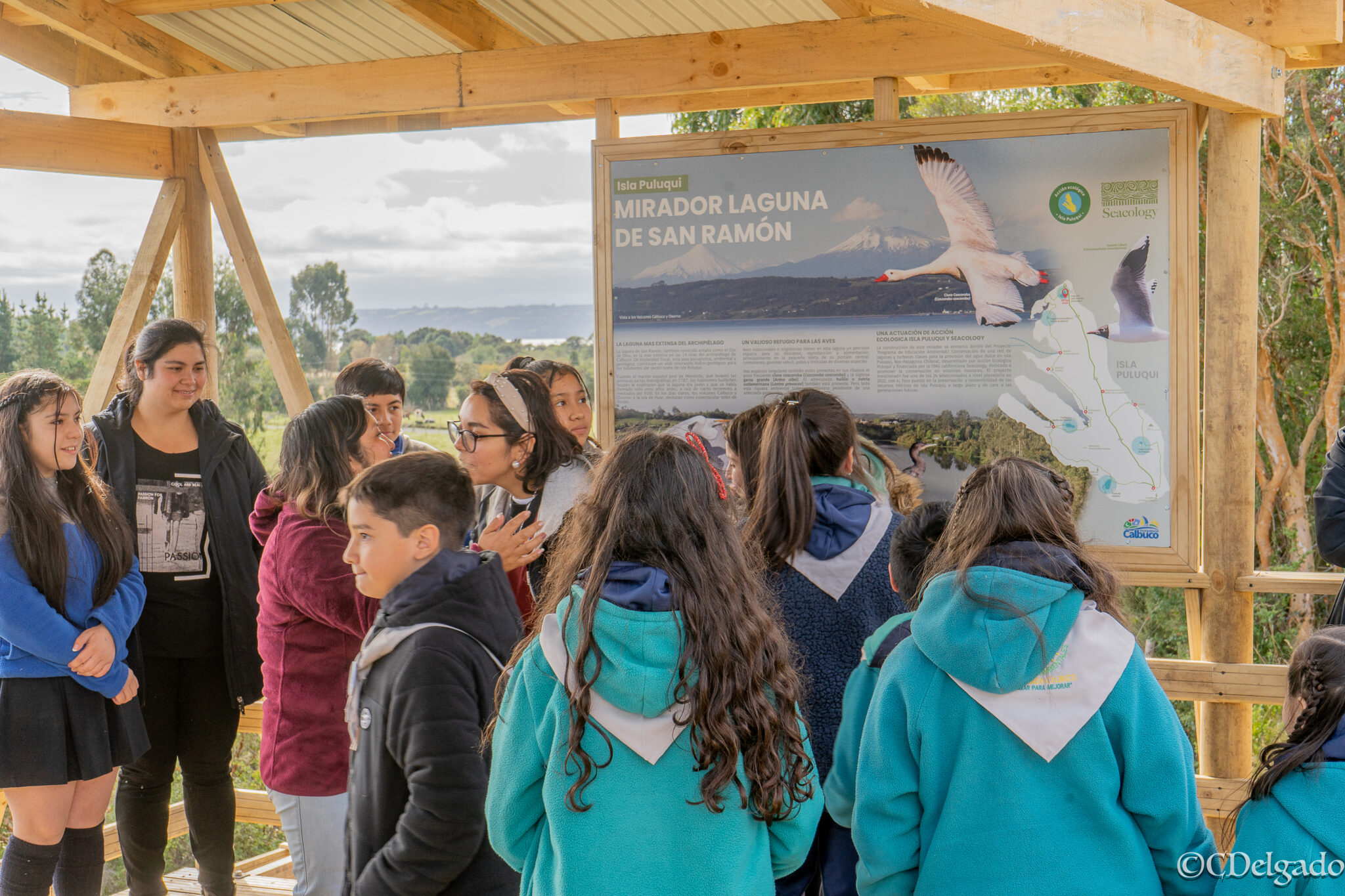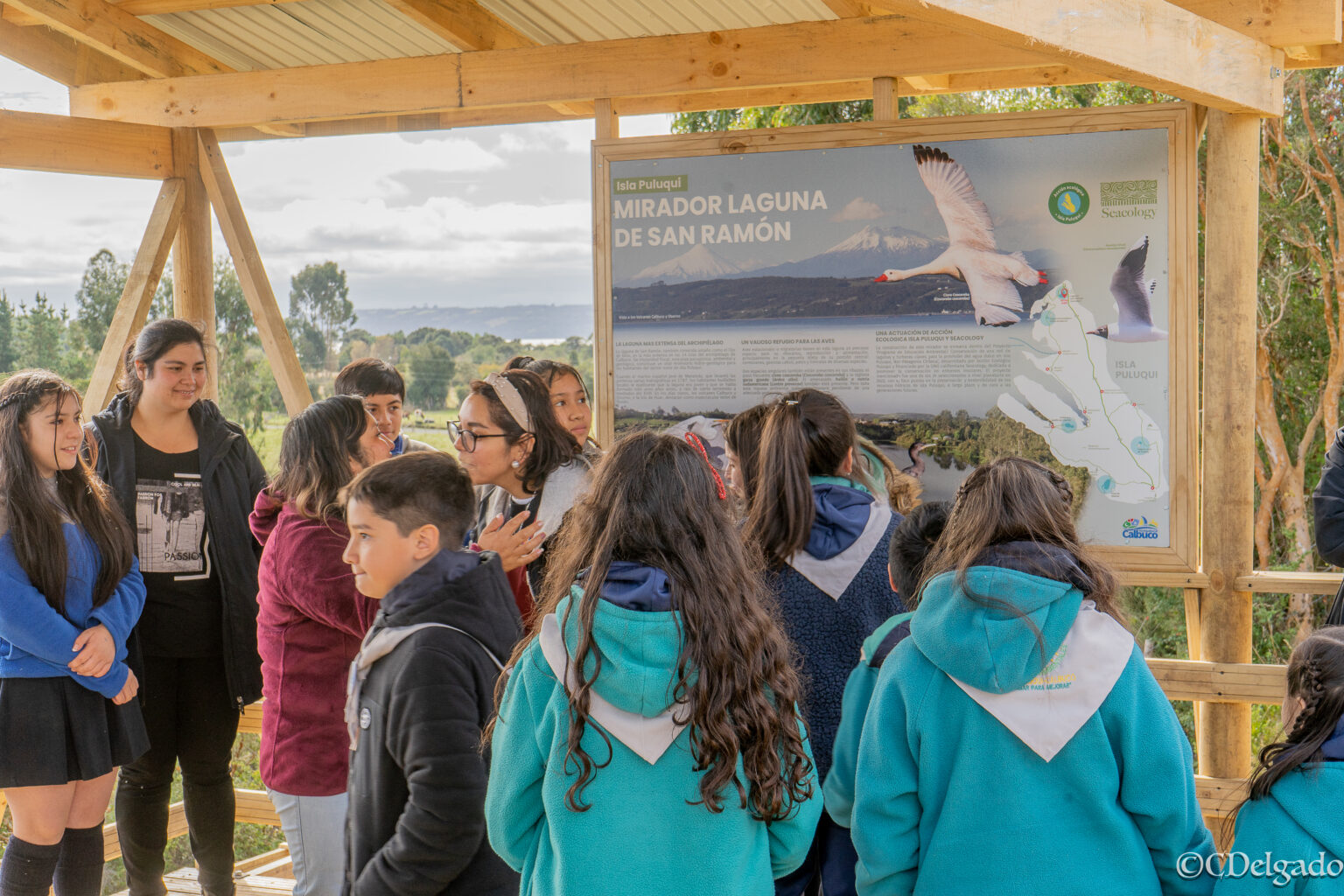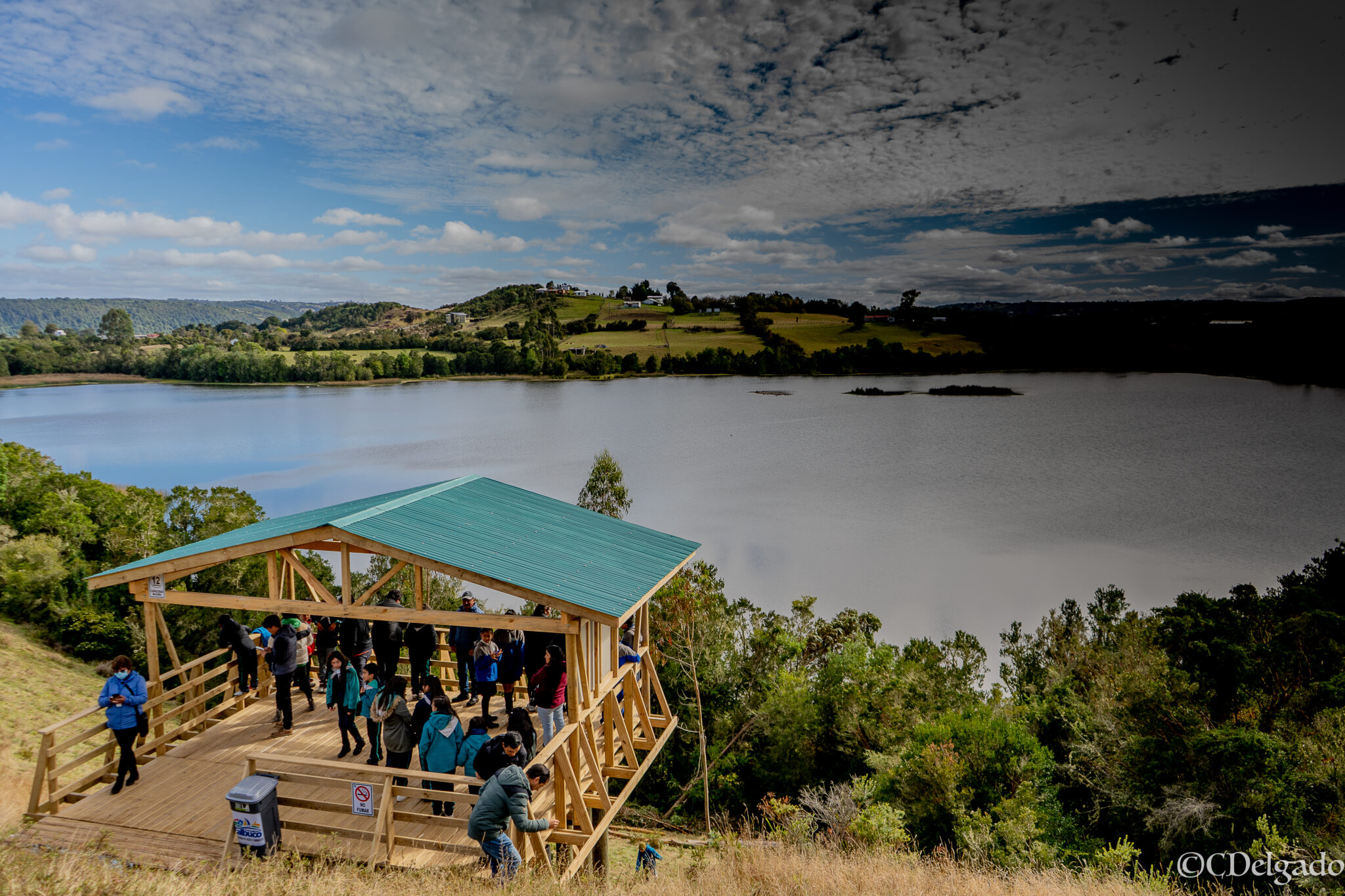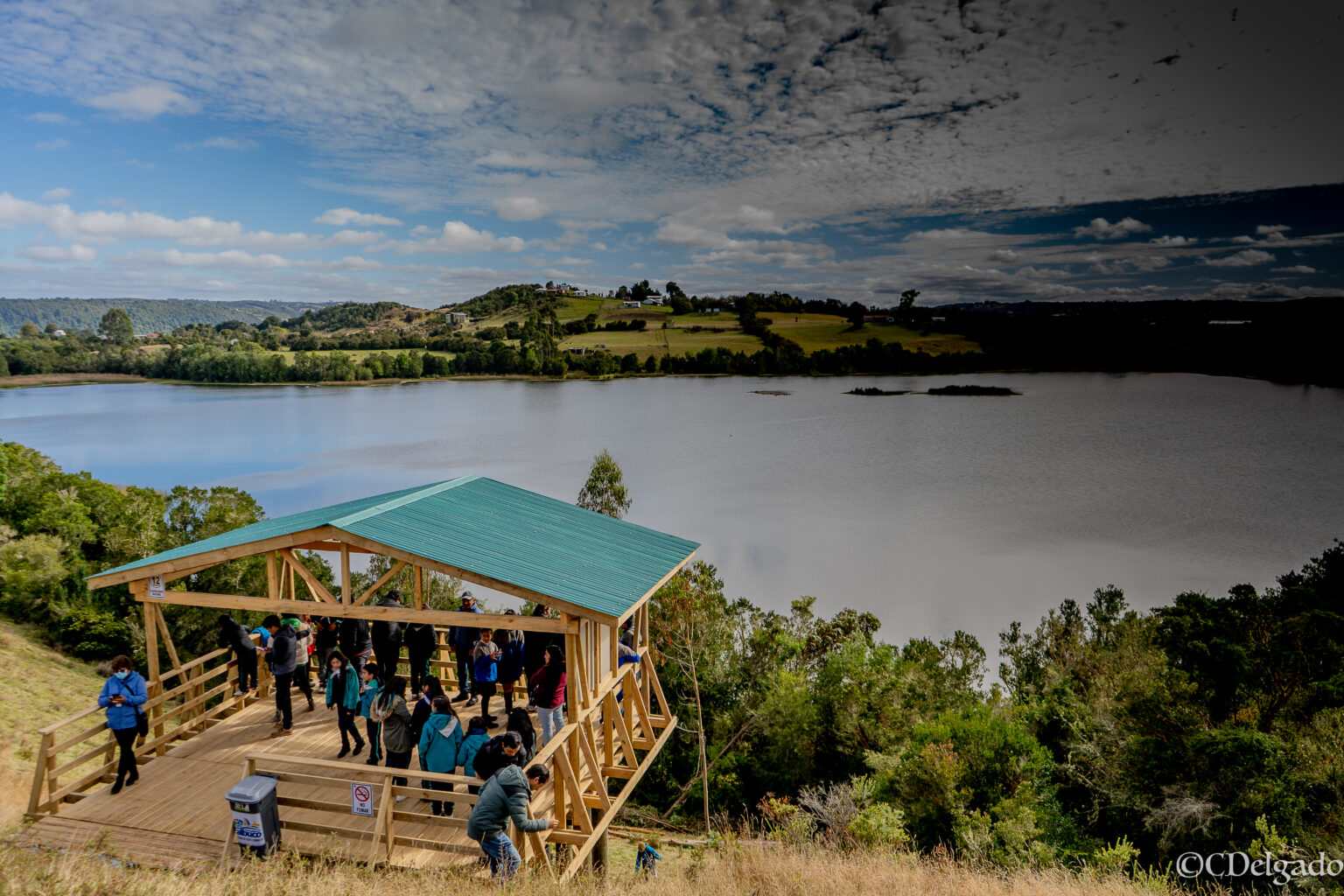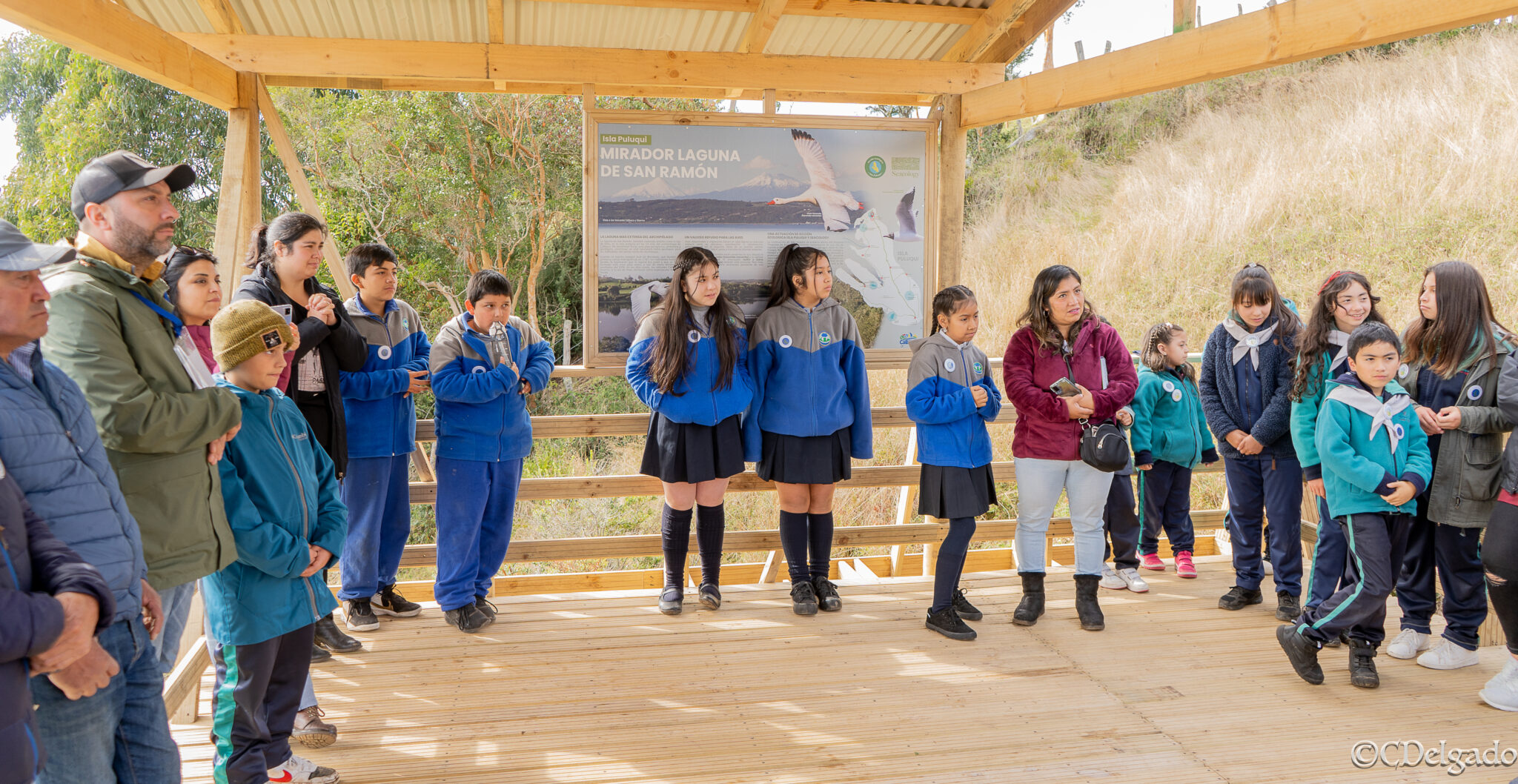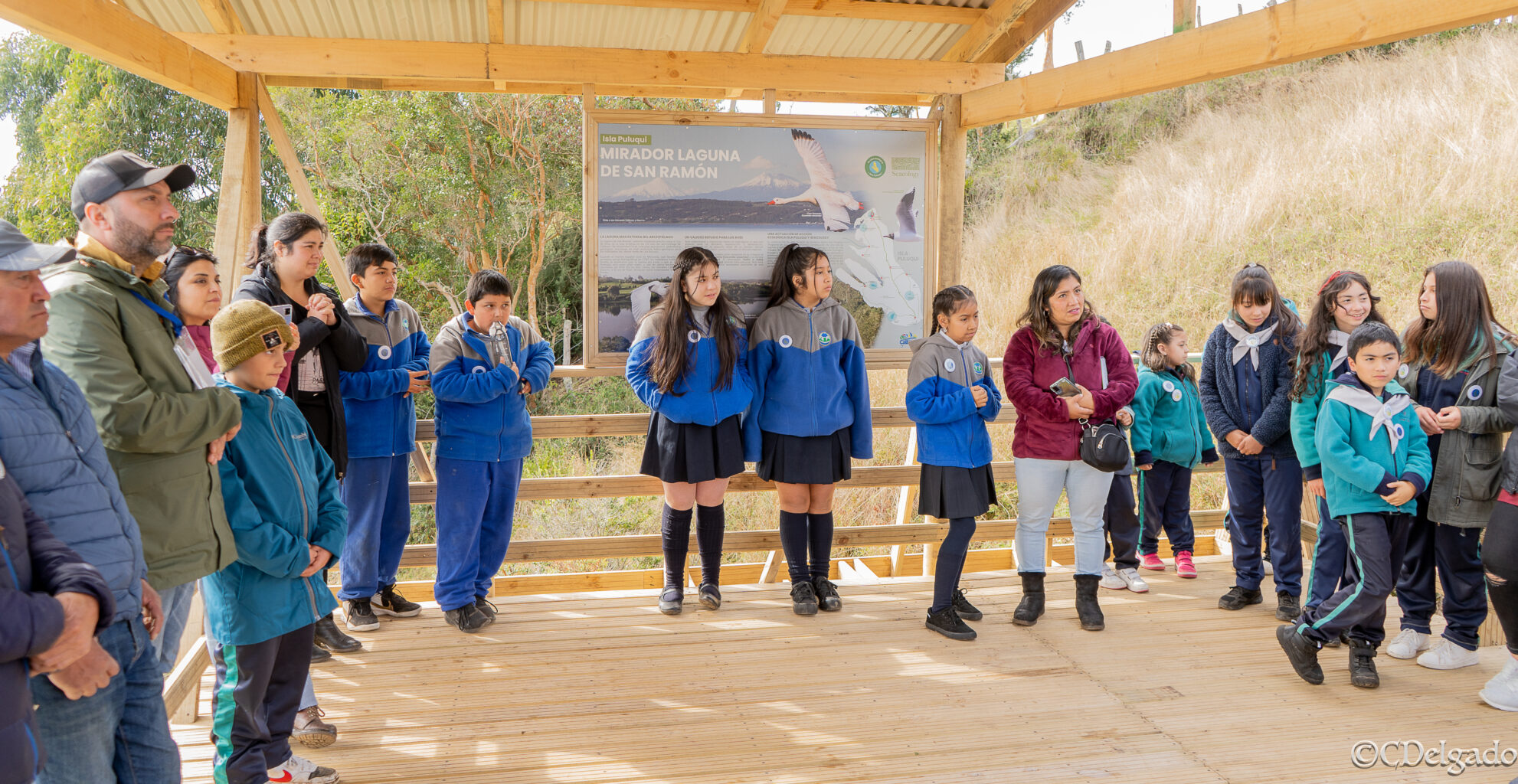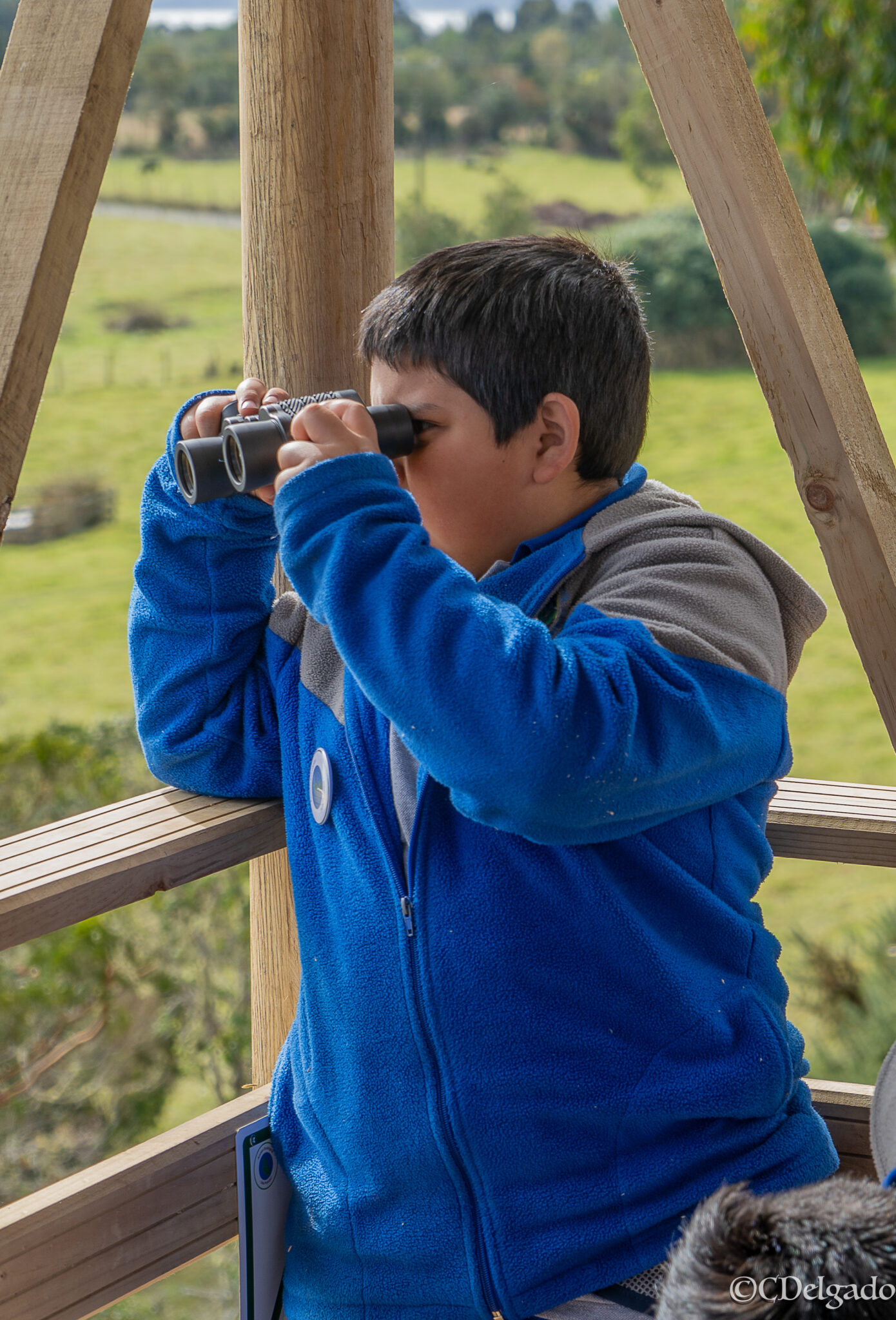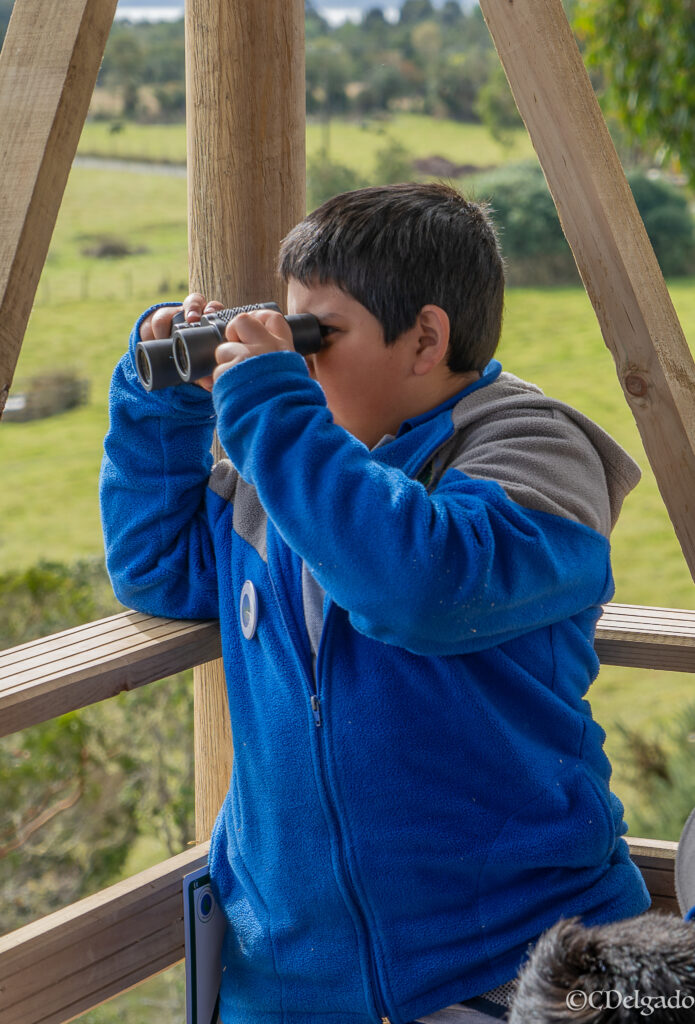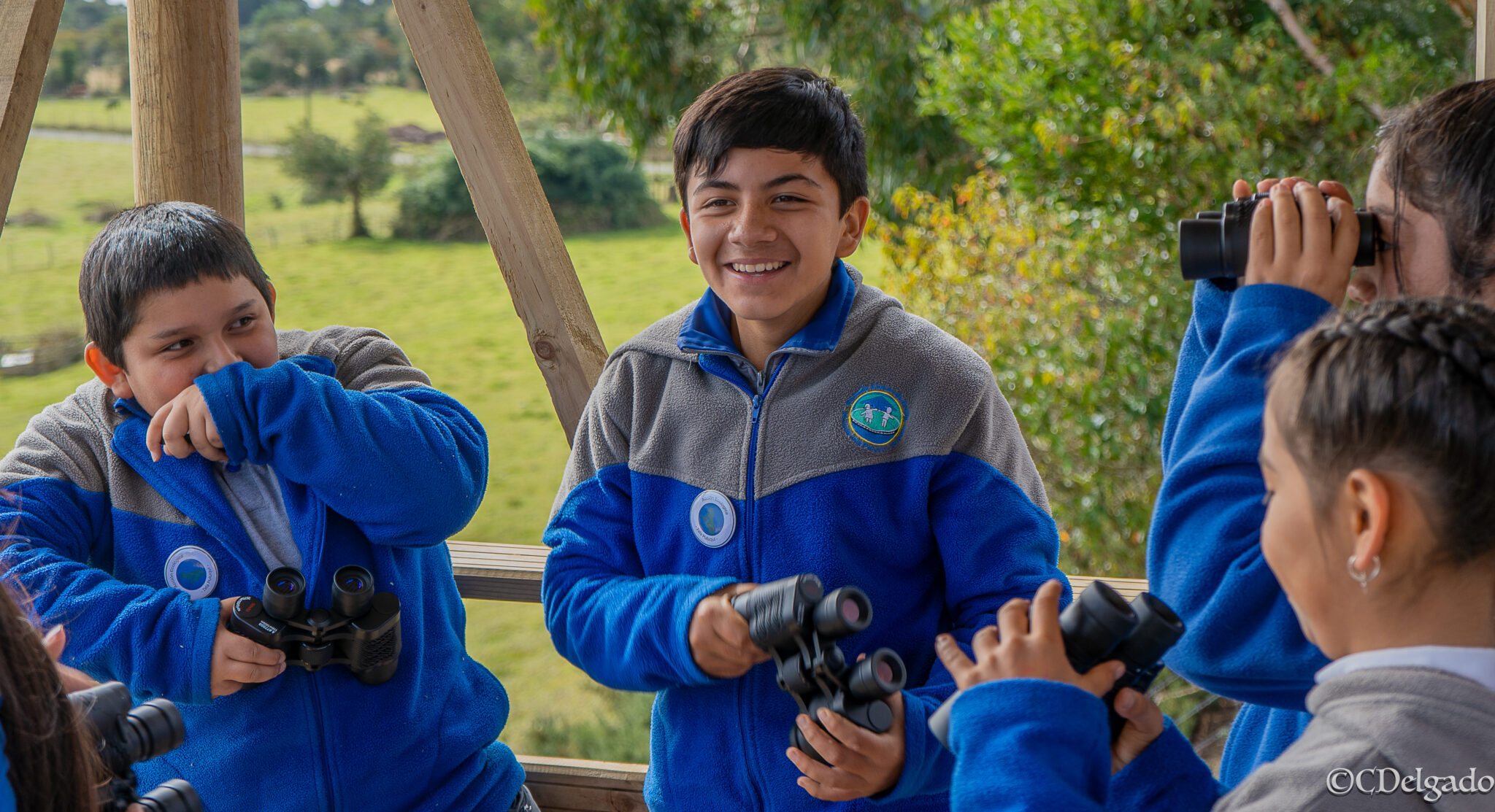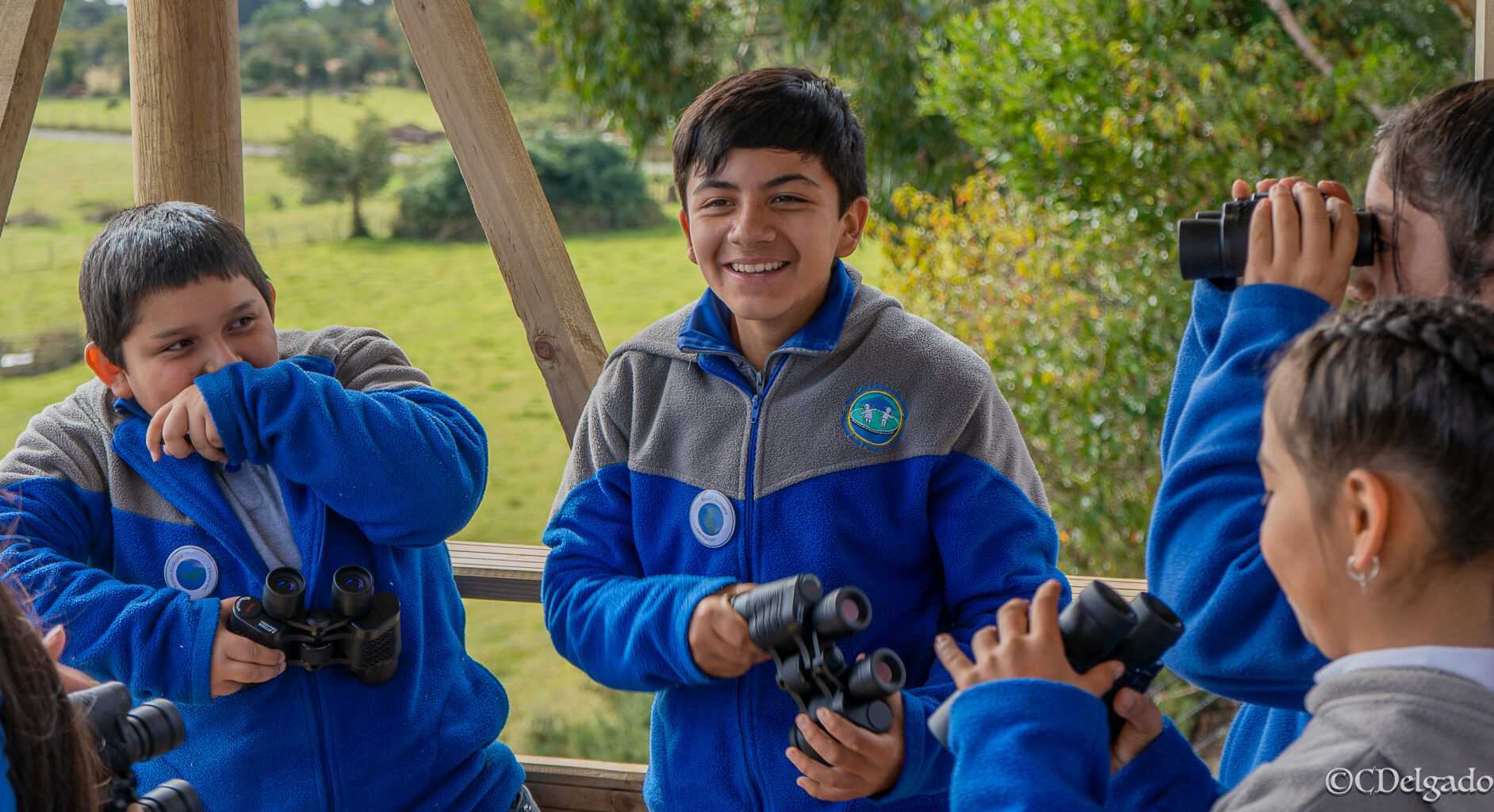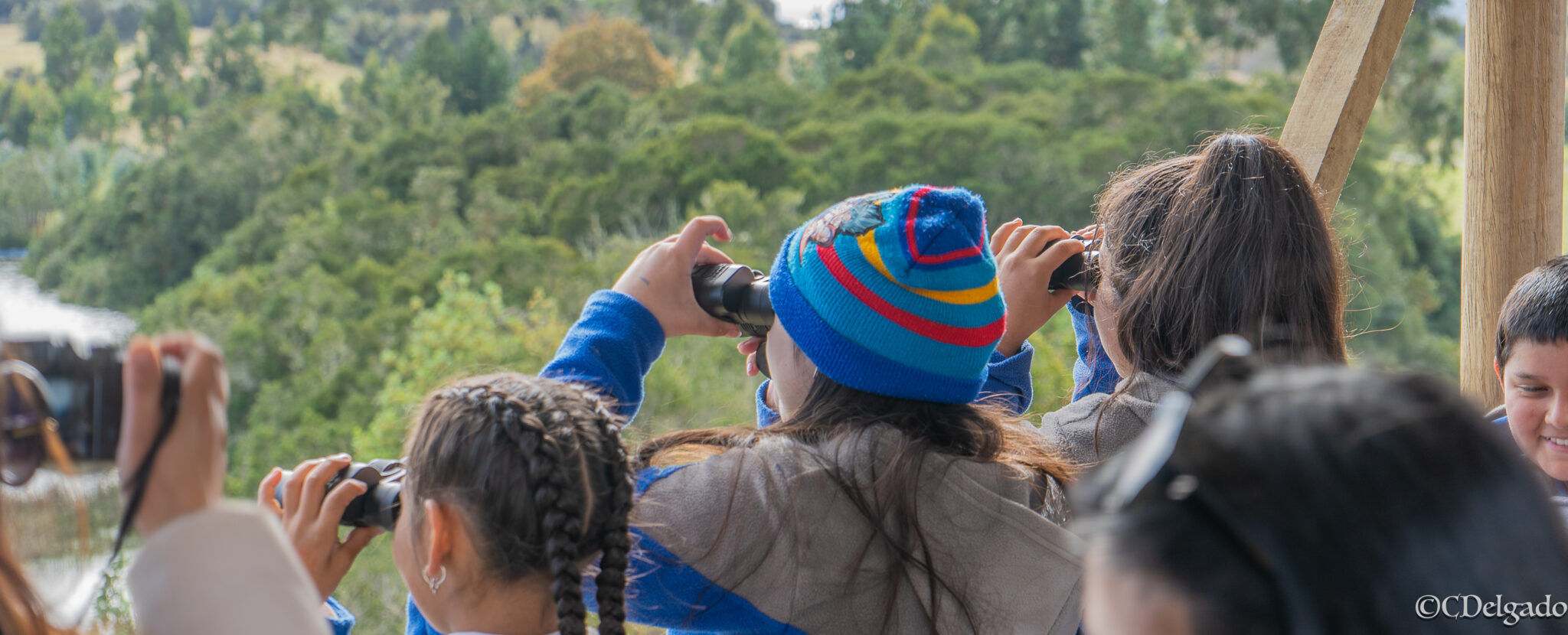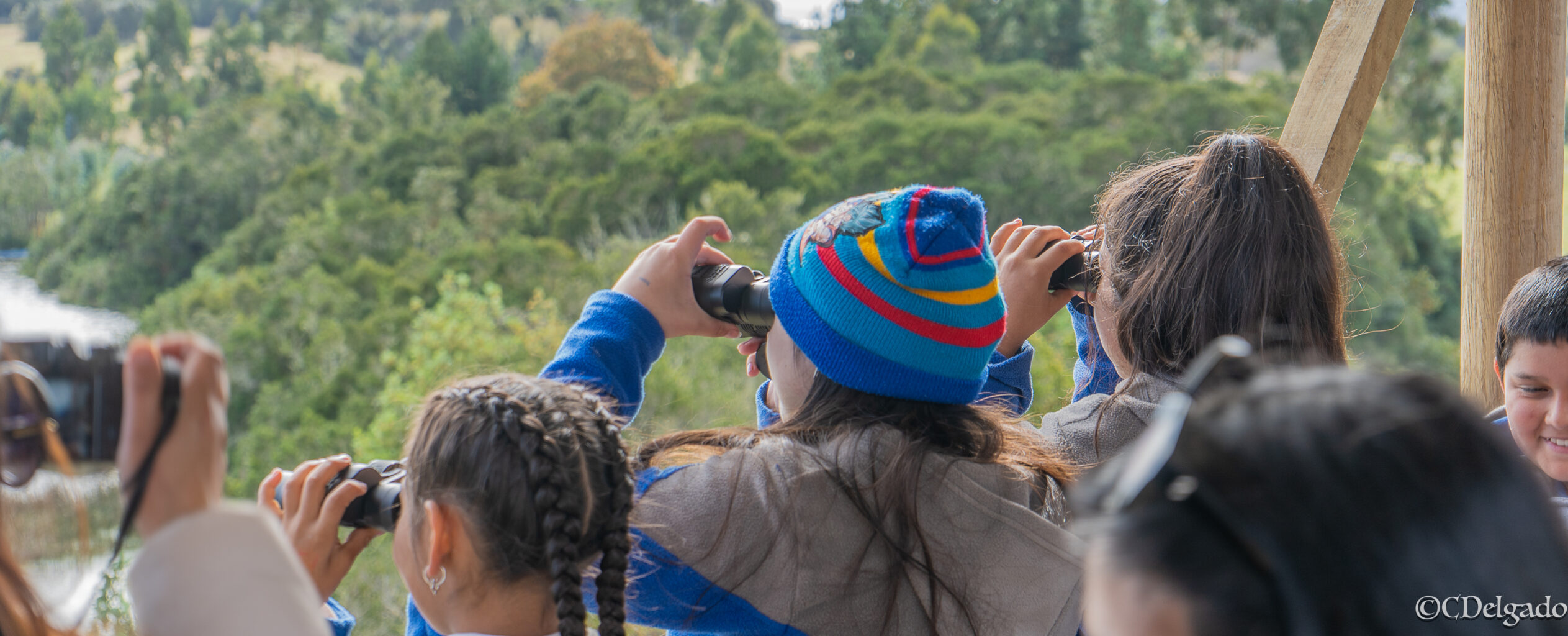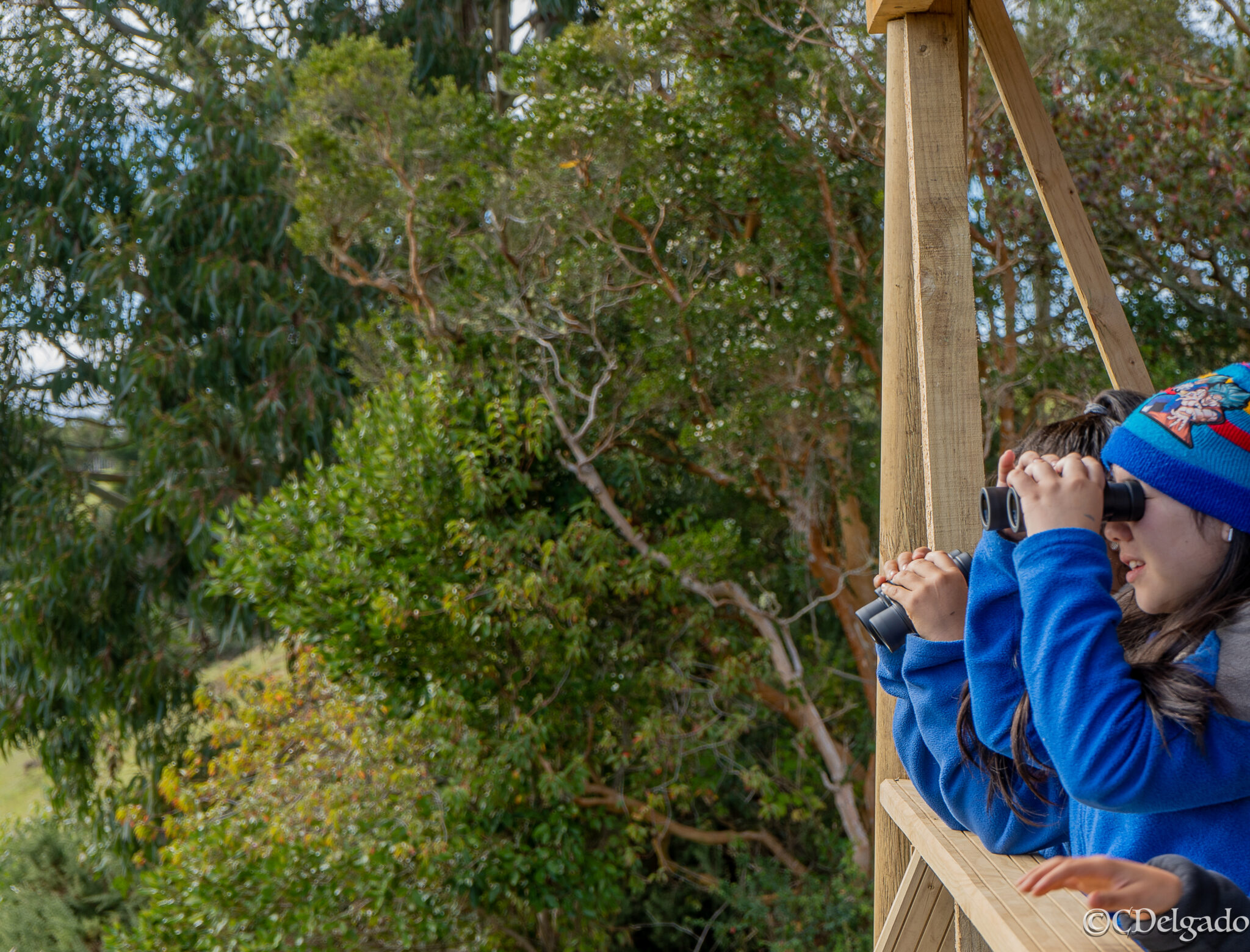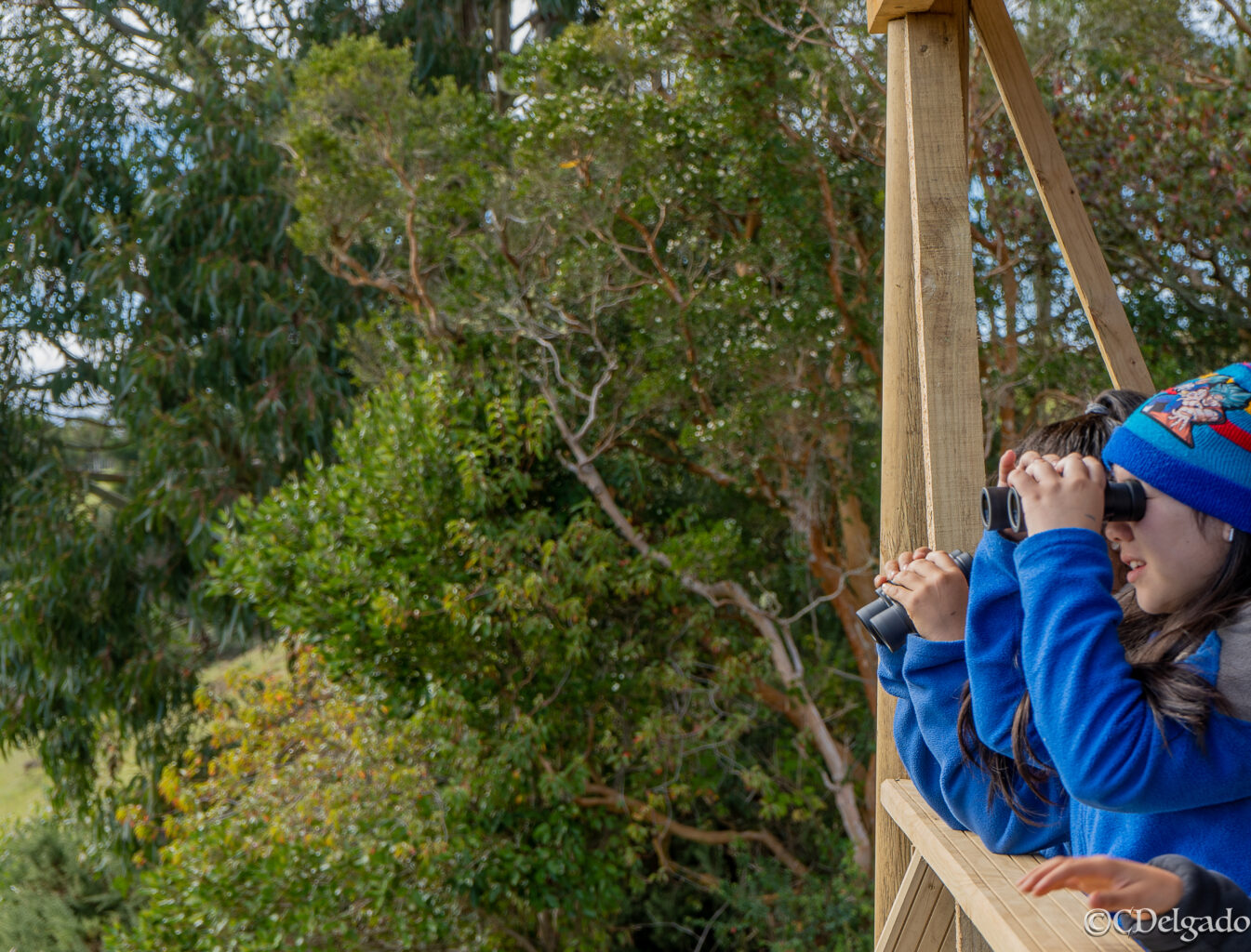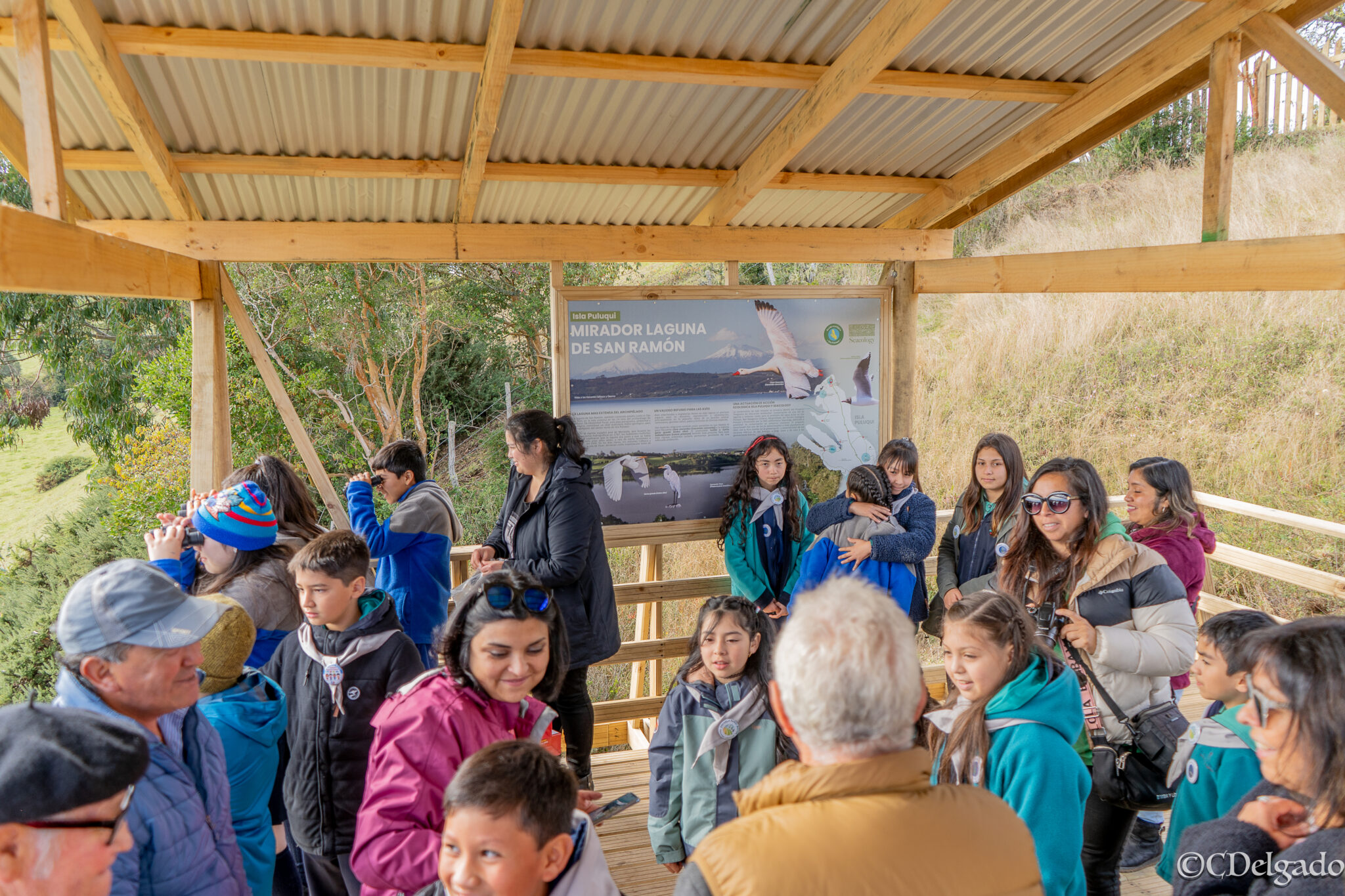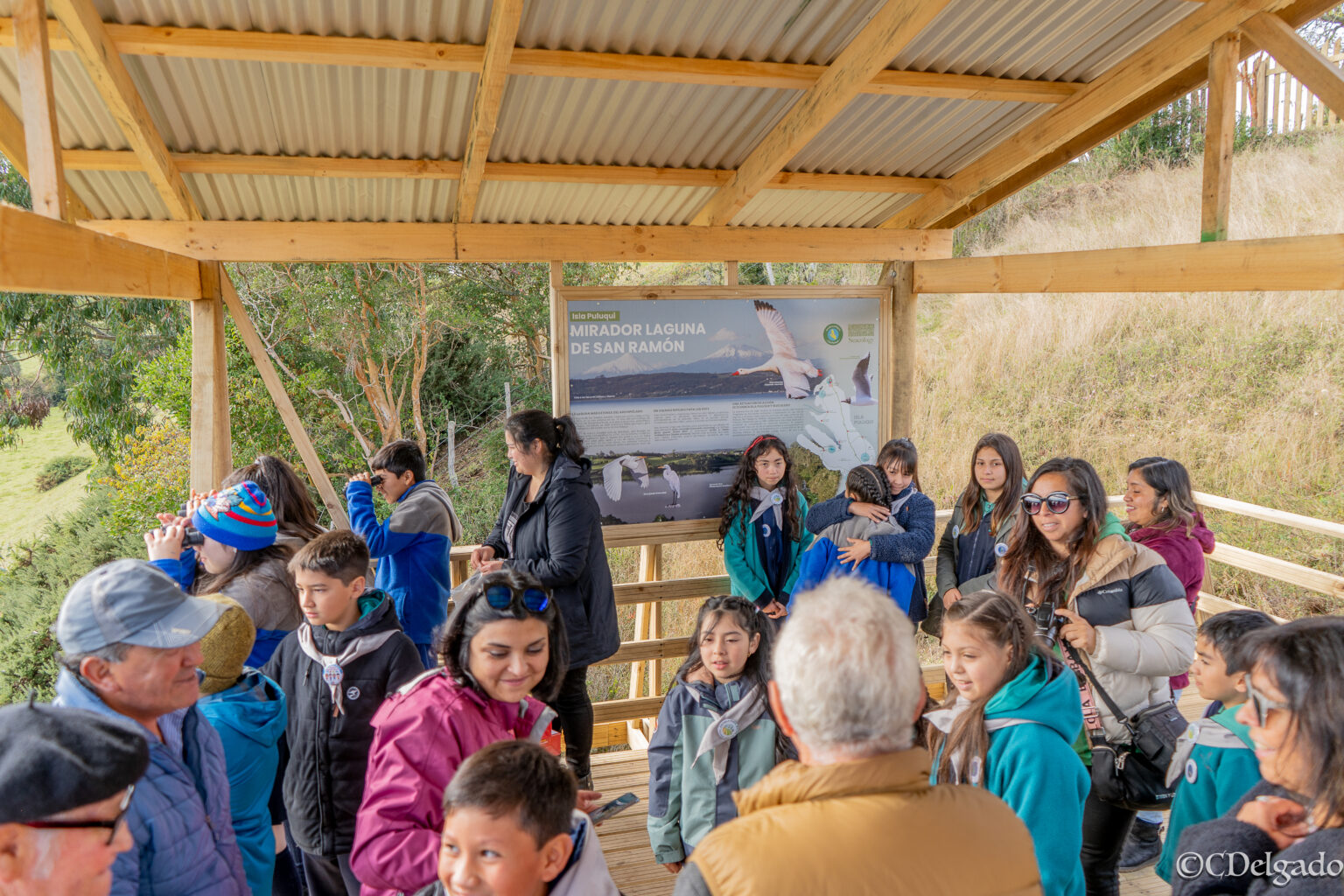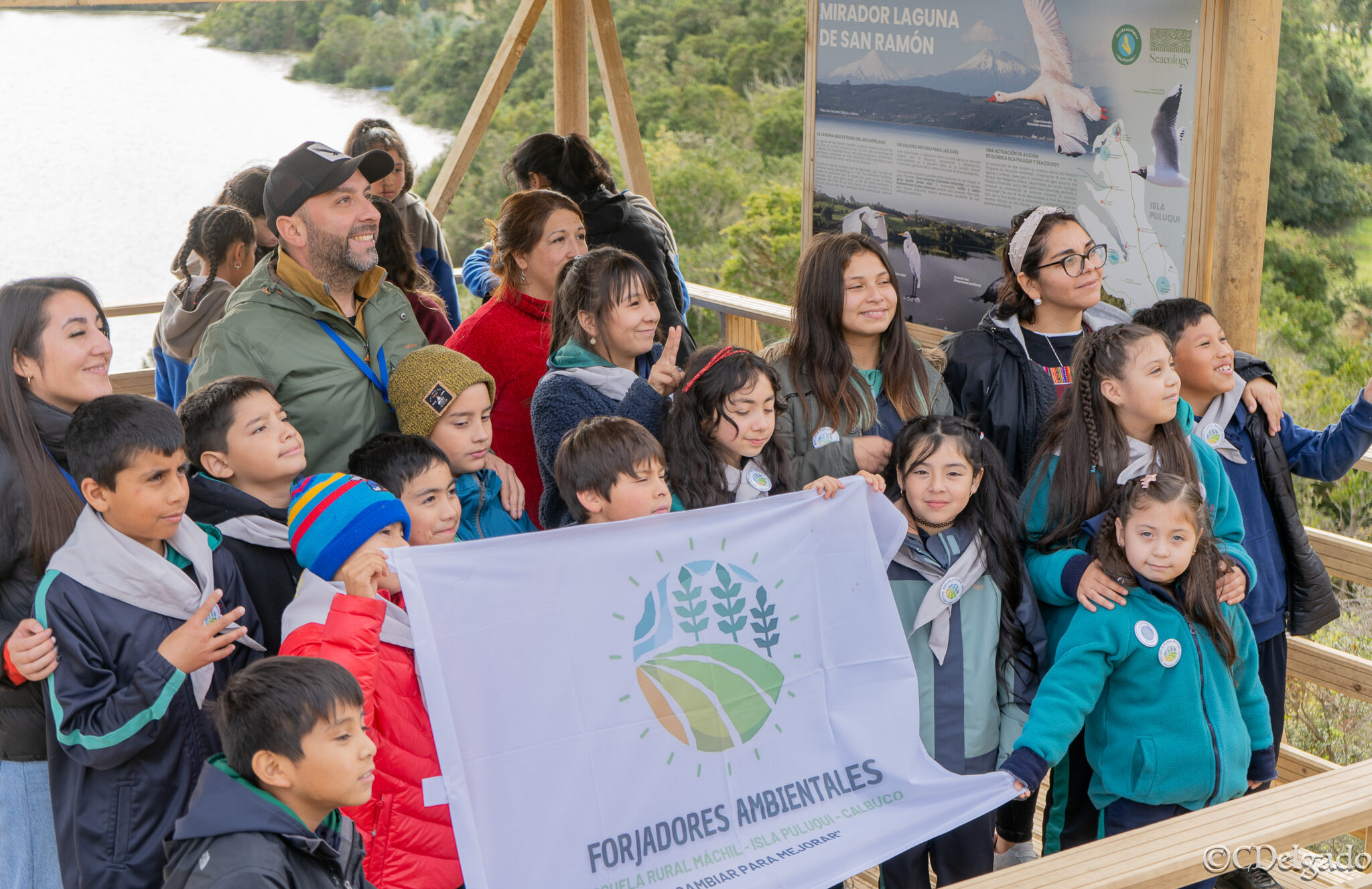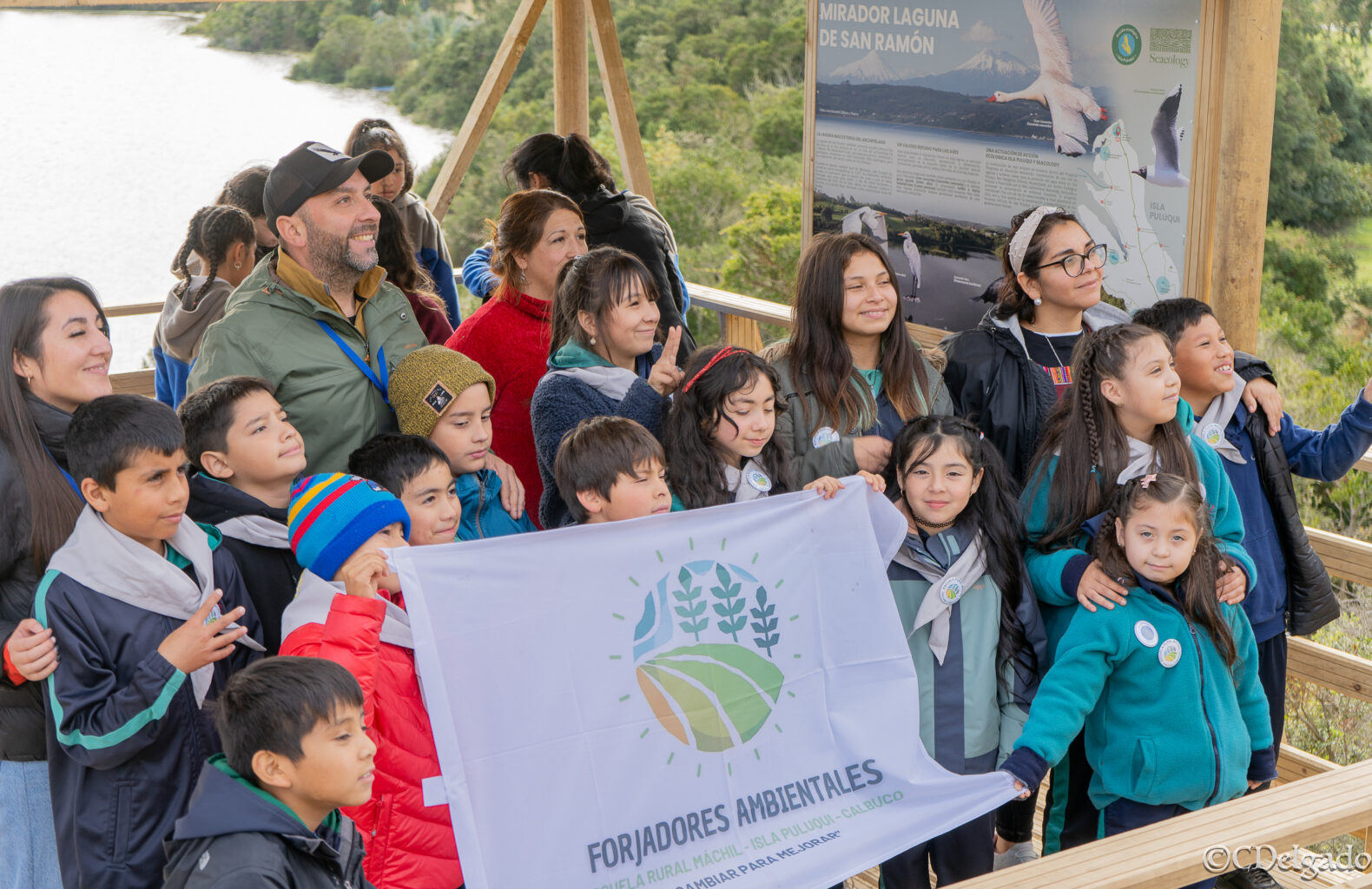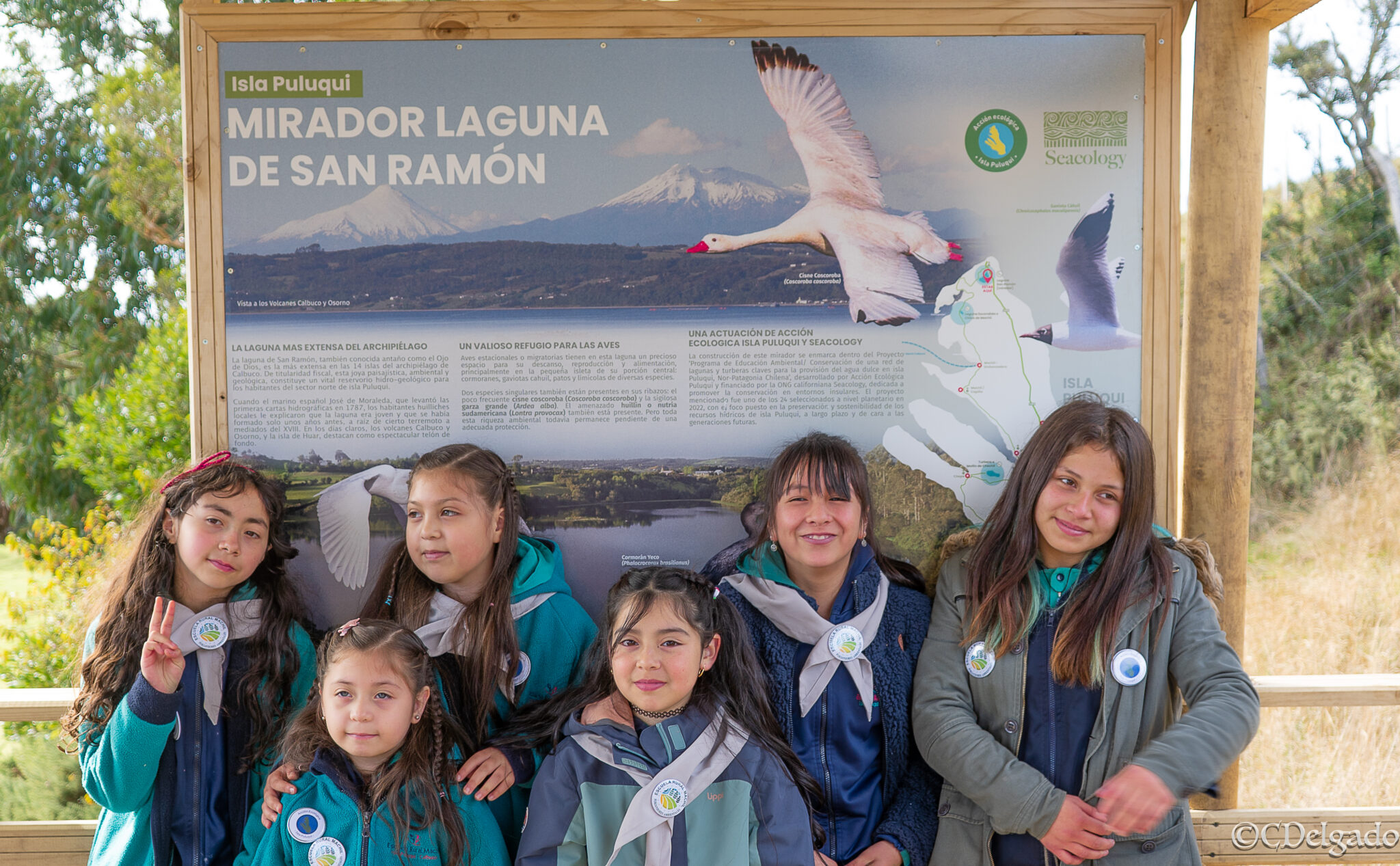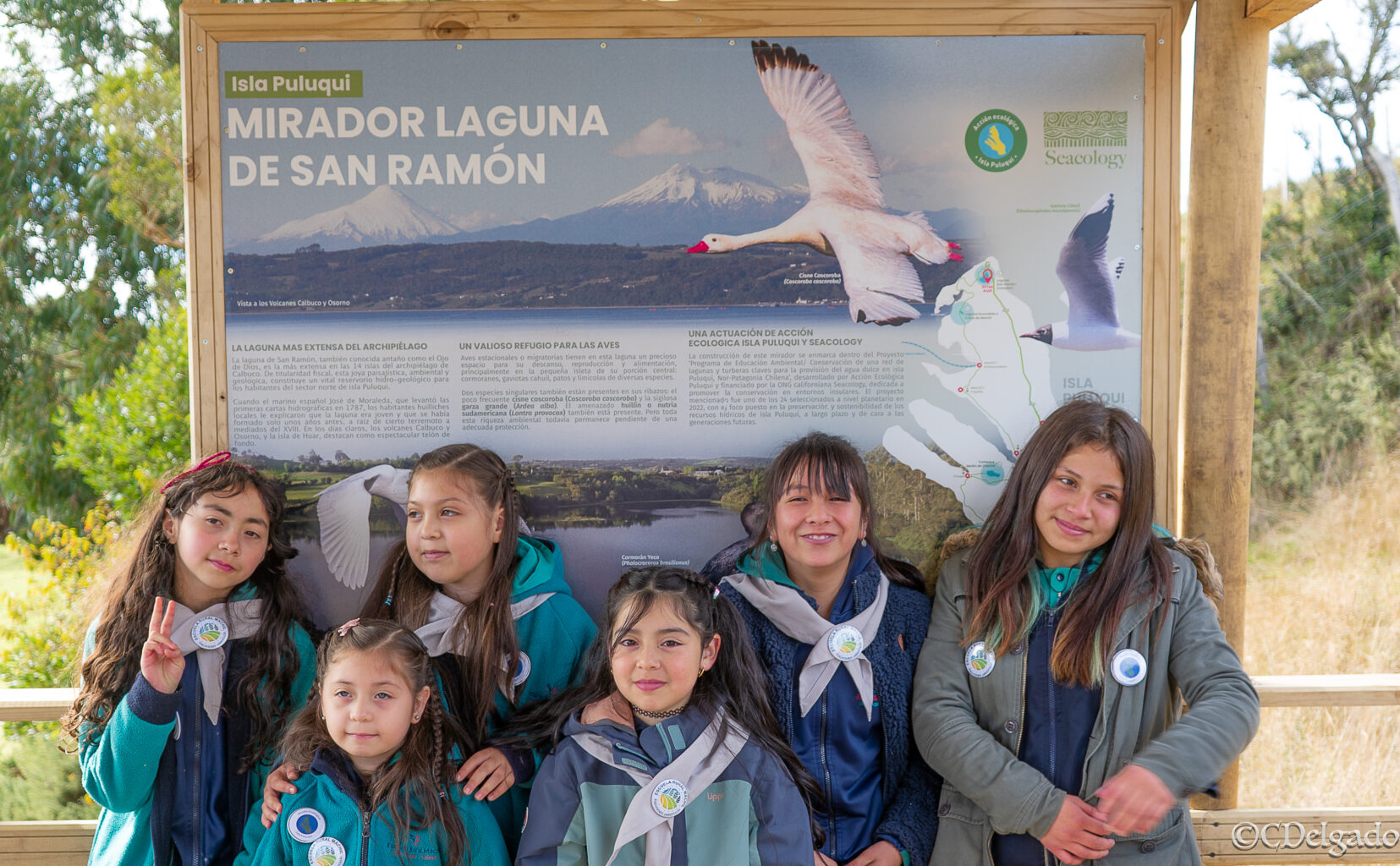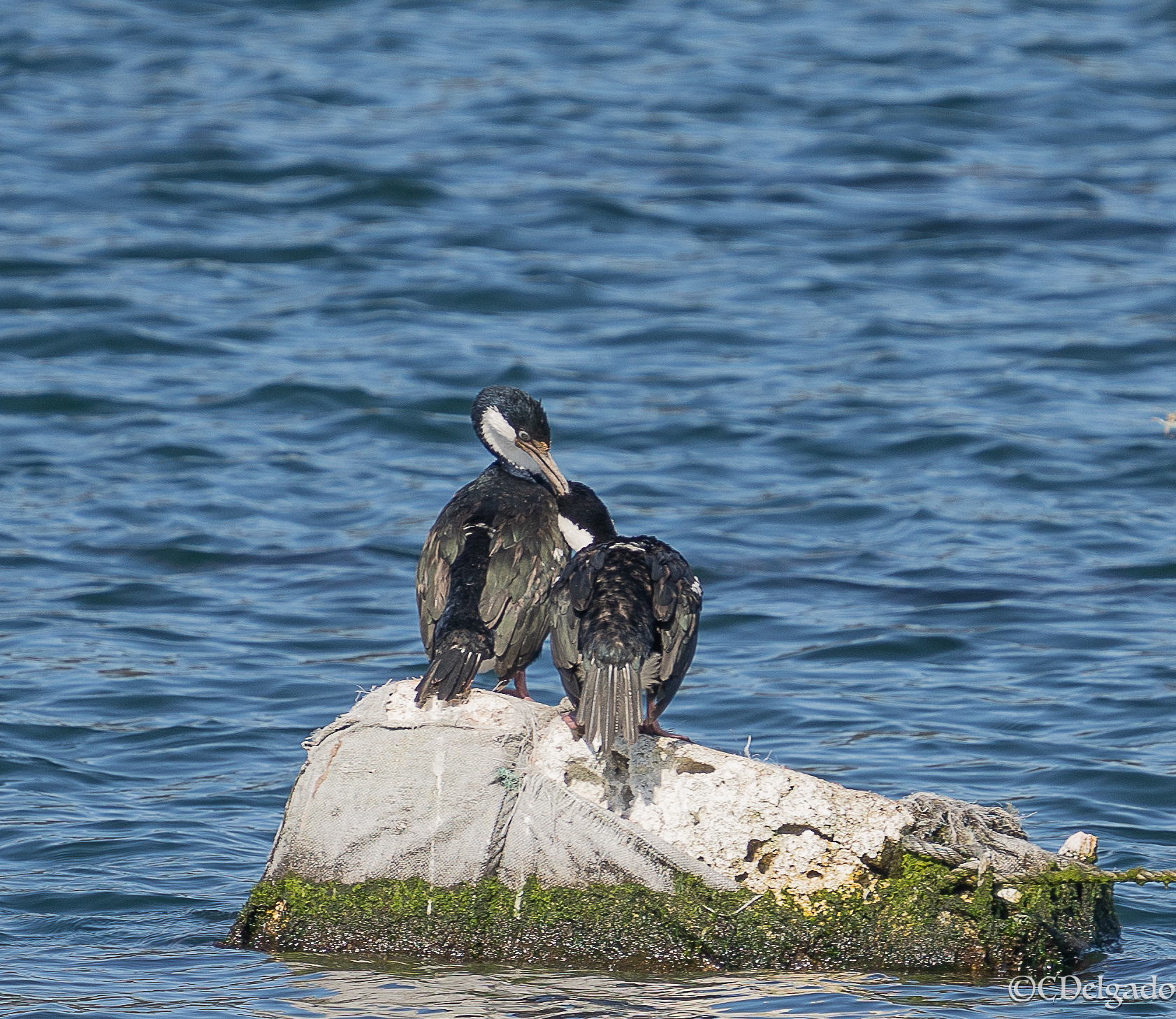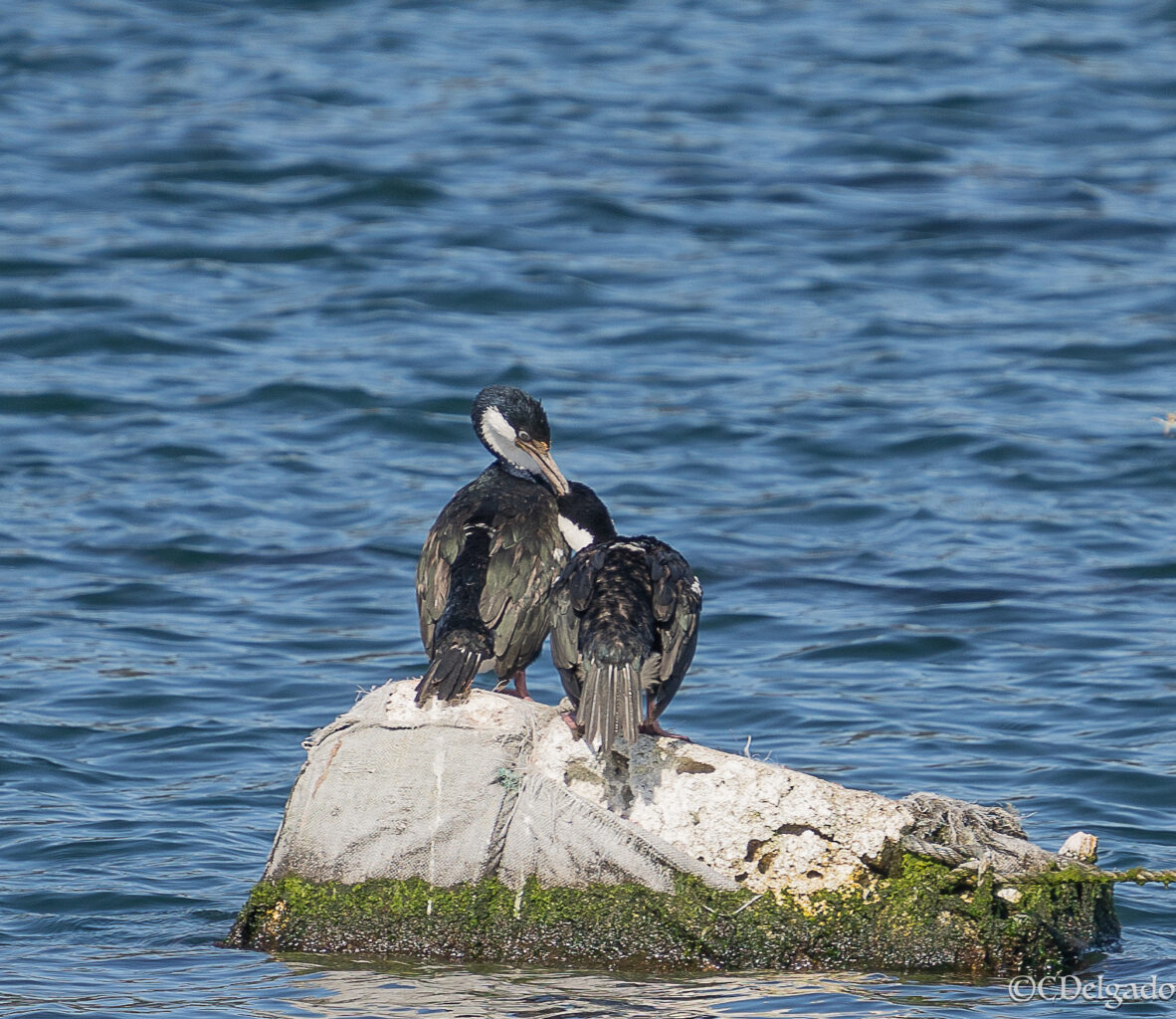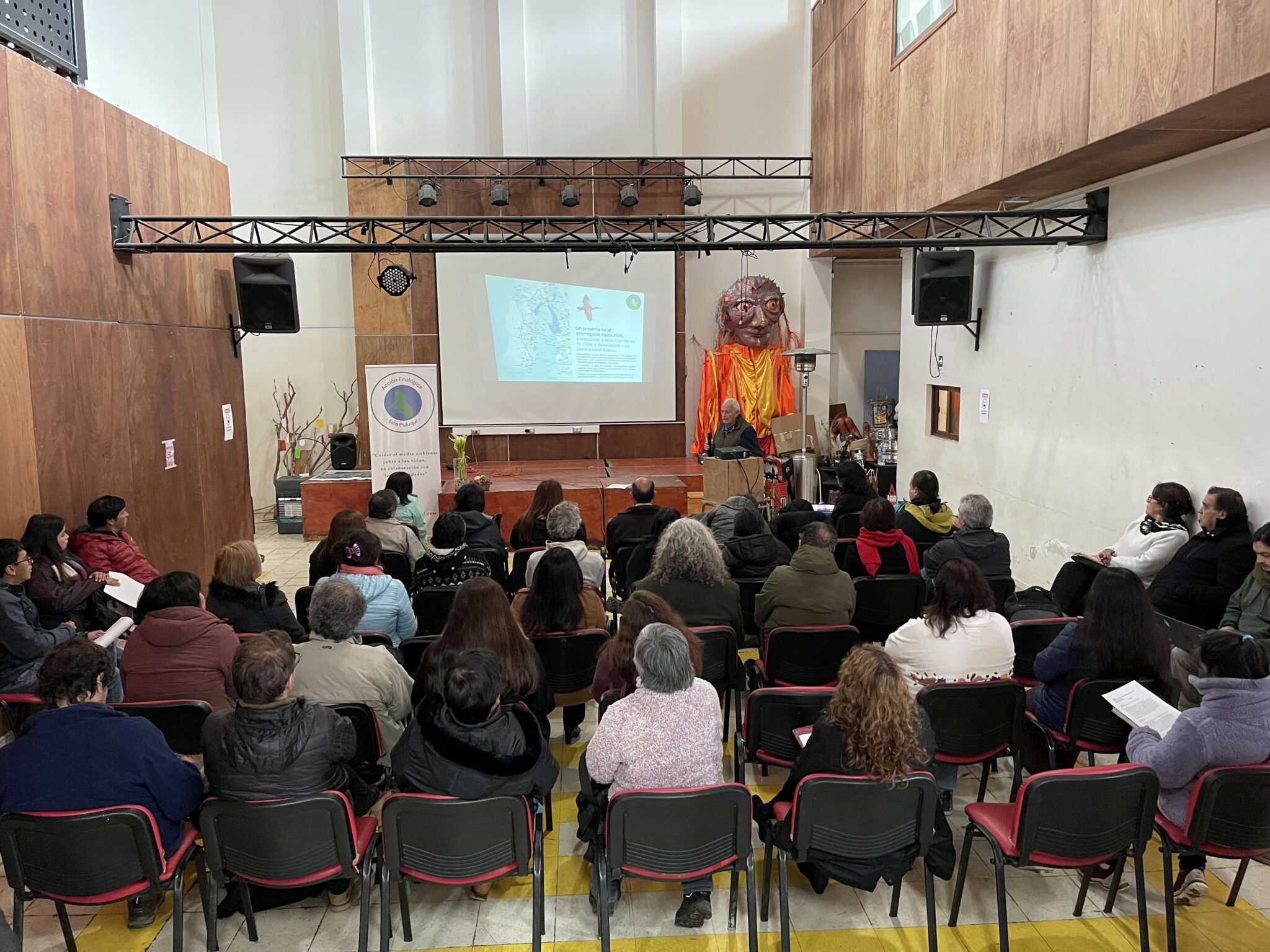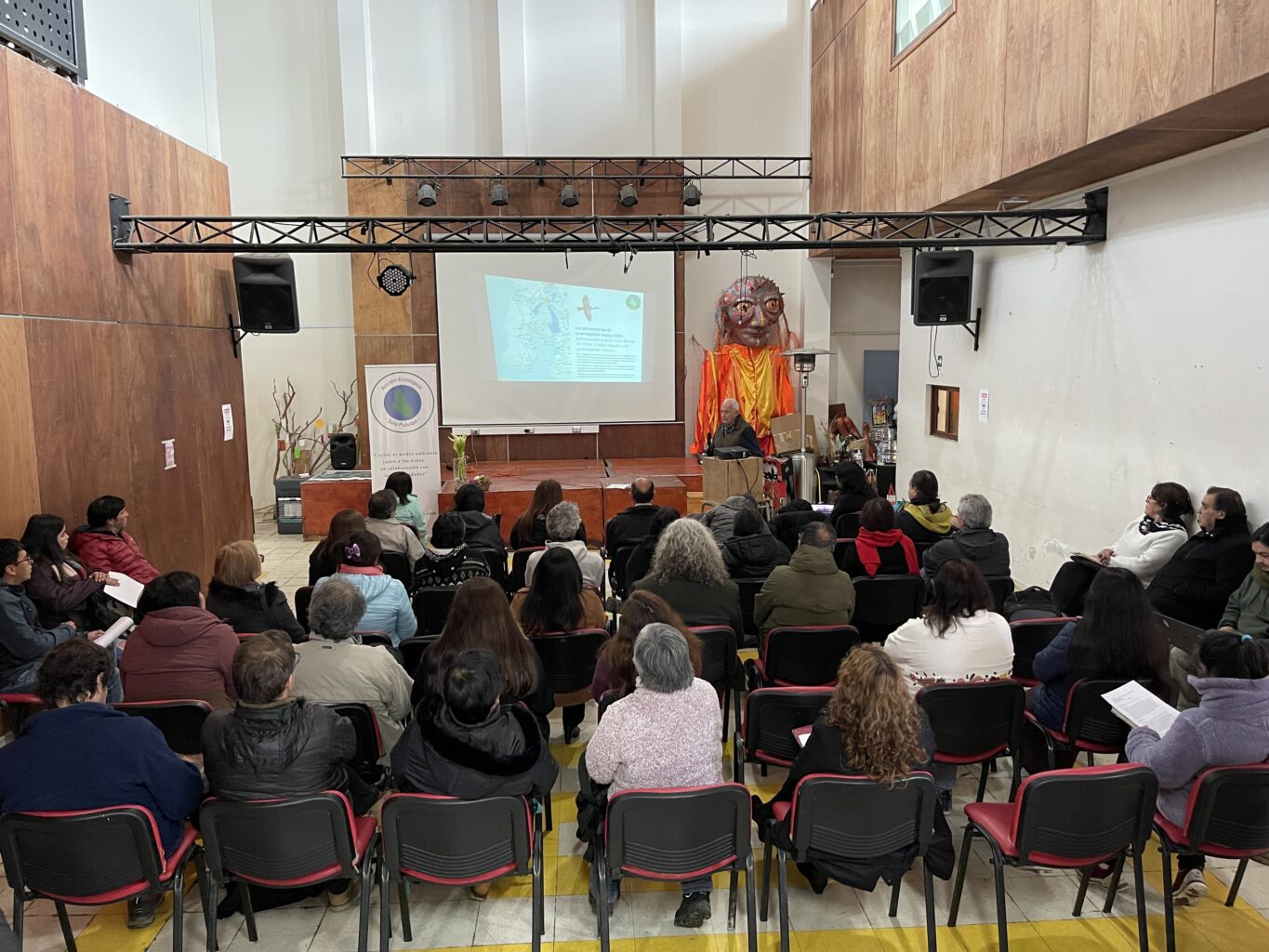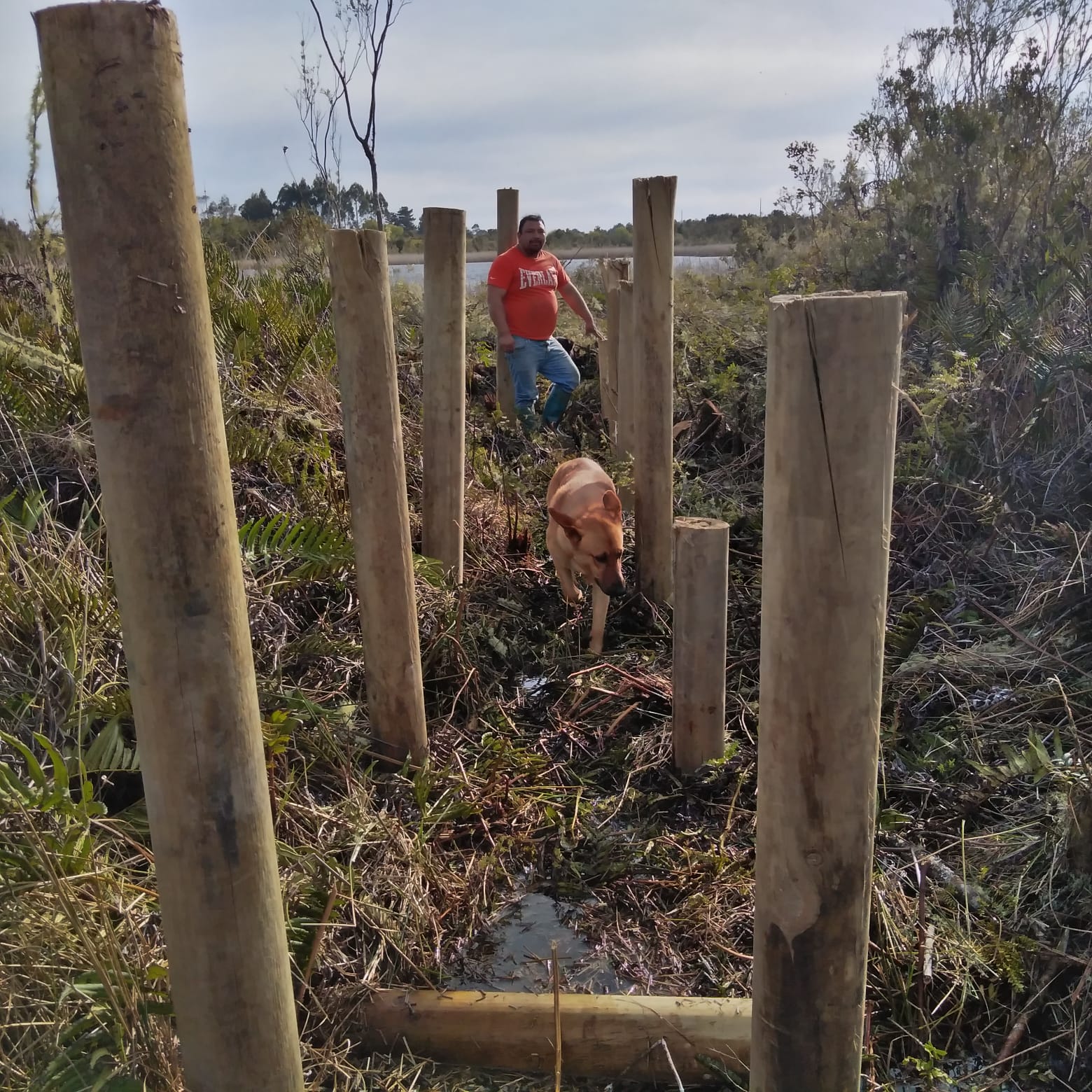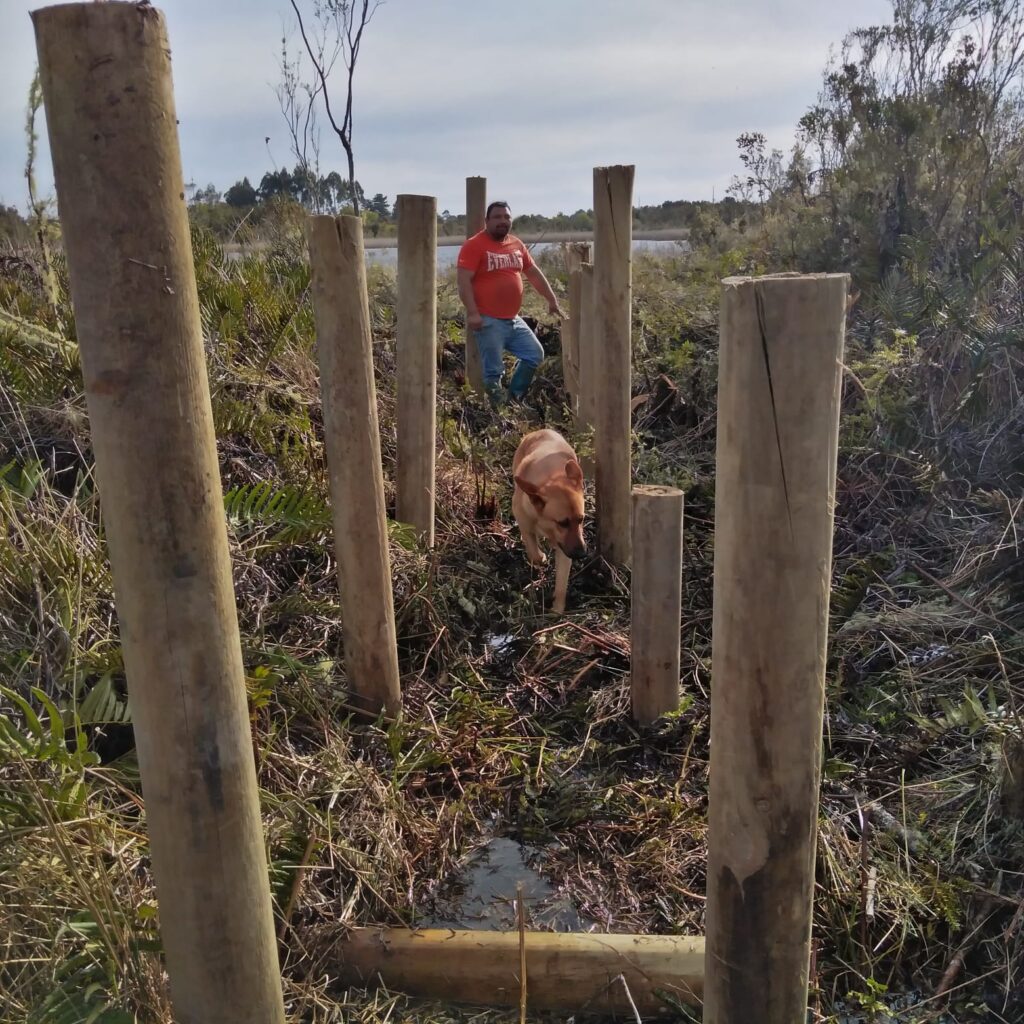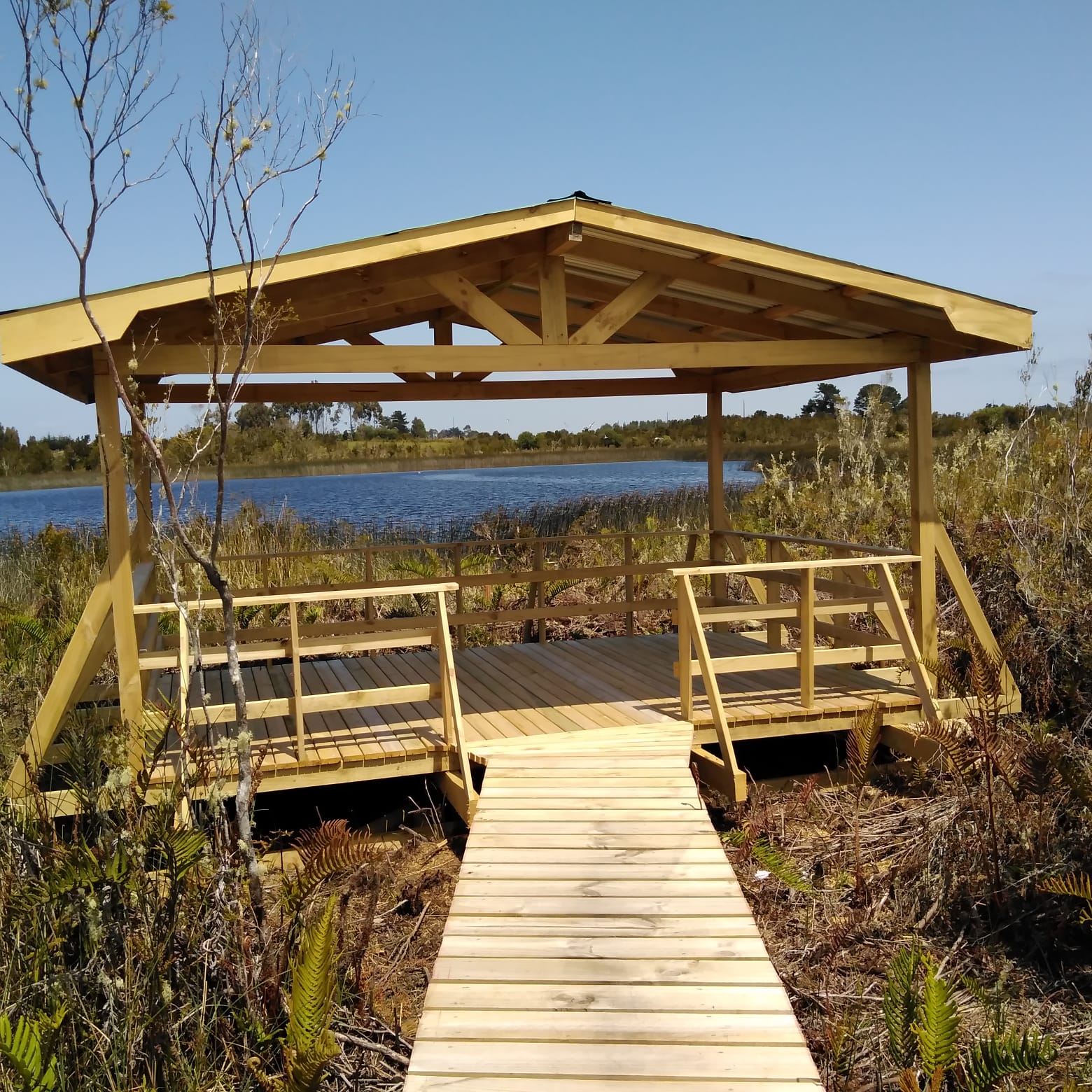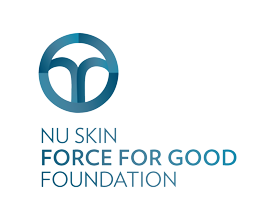Like many islanders, the 2,500 residents of Puluqui Island are constantly concerned about having enough fresh water. They depend entirely on rainfall, which is stored naturally in extensive peatlands and four small lagoons.
The island’s water supply is threatened both by drought and by the degradation of these peatlands. Digging out peat moss can leave the fields dried out and susceptible to fires. Dried peatlands no longer store water or support a rich diversity of wildlife, including the tiny deer called the pudu, whose population is declining. The lagoons suffer, too, because water no longer flows into them. That destroys habitat for aquatic birds including grebes, kingfishers, swans, and many others.
Damaging peatlands creates another serious consequence: greenhouse gas emissions. Undisturbed peatlands trap huge amounts of carbon for very long periods. But when organic matter is exposed to air and starts decaying quickly, enormous amounts of carbon dioxide are released. Damage to peatlands is estimated to create nearly six percent of all human-caused carbon emissions.
To protect the island’s peatlands and lagoons, our project partner will work toward prohibiting the extraction of peat moss in the main peatland, which is public property. Families could continue to harvest peat from smaller peatlands. They could learn sustainable peatland management at a new two-acre demonstration station. Islanders are very interested in learning how to preserve the resources—both peat and water—that they depend on, but no one has ever offered this kind of practical help.
In addition, children at a rural school will get environmental and cultural education. Our project partners will build a bird blind at the Pollollo Lagoon, near the school, so students can learn about wildlife in the field.
Finally, our project partners at EcoPuluqui (Asociación Acción Ecologica Puluqui) will work to get legal protection for the main peatland and the largest of the island’s lagoons. This would prohibit unsustainable extraction, garbage dumping, pollution from sewage systems, and motorized boats.


